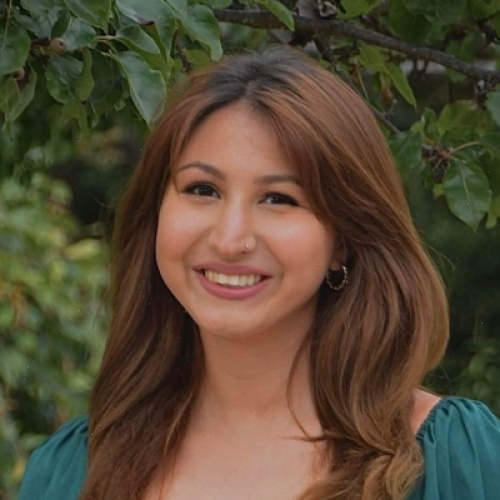

February 21-22, 2024

February 21-22, 2024
PLEASE JOIN US AT #FRAYME2024! REGISTRATION AND THE PROGRAM ARE NOW AVAILABLE

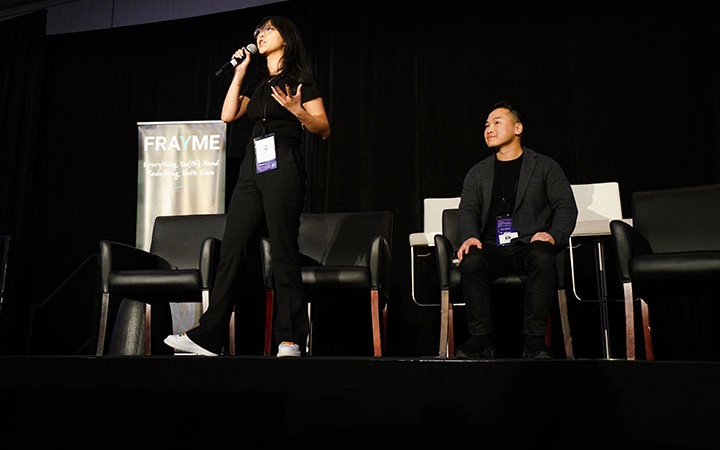

The Learning Institute is one of Canada’s only nation-wide conferences solely dedicated to youth mental health and substance use (YMHSU) system transformation. It provides a unique opportunity to bring together different players in the sector across diverse disciplines, backgrounds and experiences to drive knowledge into action.
What does it take to drive complex, intersecting and critical services into action within the youth mental health substance use sector? How do we inform new policies? What implementation methods are required? Most importantly, how do we ensure equitable voices and representation within design and delivery?
These are the types of questions we hope to answer at #Frayme2024. That’s why the theme is focused on driving expertise into action to create enabling contexts for policies, services and research initiatives across Canada. From climate change, and Artificial Intelligence, to medical assistance in dying and the implementation of a national suicide prevention line, this year’s Learning Institute will focus on topical and sensitive topics, with special consideration to effectively implementing policies and services that will support and address the many complex and intersecting issues that young people and their carers are facing on a daily basis.
We invite you to showcase your current projects, research and initiatives to support the national youth mental health and substance use system, and join us for two days of conversations, learnings and connections representing coast, to coast, to coast.
The 2024 Frayme Learning Institute will be delivered as an in-person event with accessibility in mind to ensure a space that will feel welcoming, safe and supportive for young people, advocates, service providers, researchers, clinicians, and policy makers alike.
As the previous Learning Institute was hosted in Vancouver, this year’s Learning Institute will be hosted in Ottawa, Ontario as a reflection of Frayme’s national mandate.
Can’t make the in-person event? Don’t fret - #Frayme2024 will be followed by a virtual shareback for all registrants, that can be accessed at any time, in any place that works best for you.
Frayme’s Learning Institute has multiple focus areas this year to align with the work of our network partners and Frayme’s impact area:
Because we really, really need it. The system is fragmented and siloed and Frayme is on a mission to build bridges through collaboration and sharing. Through the Learning Institute, we will:

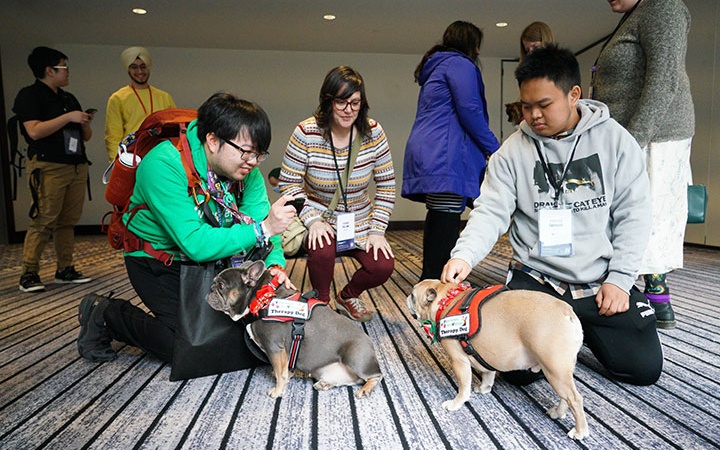
Are you looking to mix and mingle with the changemakers of the Canadian YMHSU space? If so, we invite you to apply to be an exhibitor for #Frayme2024. Please see below for rates and information around exhibitor booths:
Non-profit: $500 + HST
For-profit: $750 + HST
Frayme Network Partner: $400 + HST
GST/HST Registration #729061325
As an exhibitor you will receive:
To ensure booths have an increase in traffic, we have scheduled plenty of breaks and networking time to allow attendees to visit booths and learn more about exhibitor organizations.
Interested in becoming an official sponsor for #Frayme2024?
Becoming an official sponsor for #Frayme2024 will provide your organization with visibility and prominence to all those working within the Canadian youth mental health and substance use from coast-to-coast-to-coast. In addition to inclusion in the promotional activities leading up to the Learning Institute, you will benefit from brand awareness and networking opportunities with a highly engaged and targeted audience of youth and caregiver advocates and participants with lived experience, researchers, service providers, policy makers and others.
Please refer to the table below to see what is included in each level of sponsorship for the Frayme Learning Institute (subject to change):
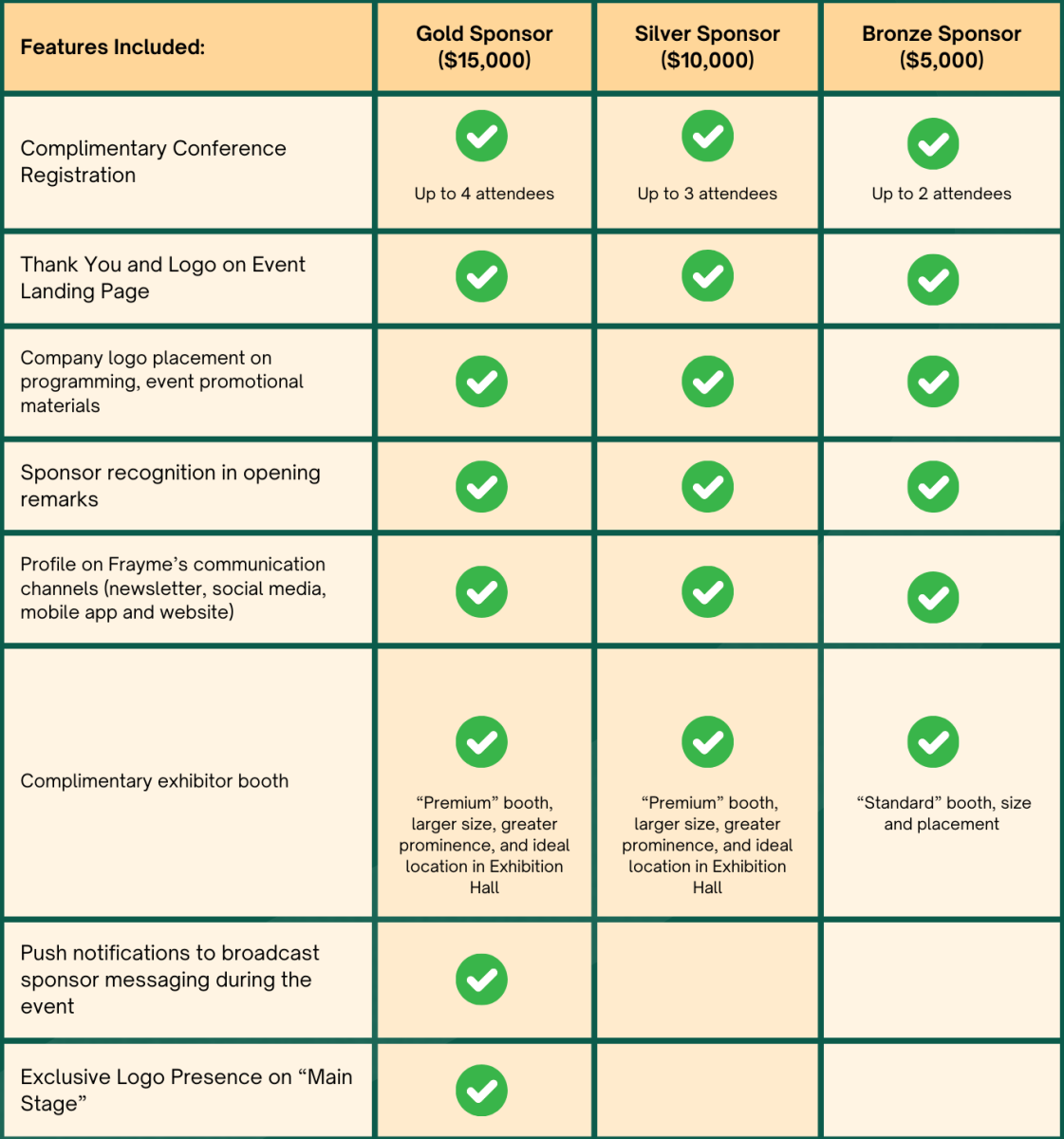
Please contact us if you are interested in sponsorship opportunities for #Frayme2024


Sabrina Abdul (she/her) is a graduate from the University of Guelph with a major in Neuroscience. She has over four years of dedicated experience in the field of youth mental health in a wide range of settings. Her professional journey began at the Grove Youth Wellness Hubs Ontario in Wellington County, where she served as a Youth Community Support Worker. Operating in both rural and urban settings, this role illuminated the systemic barriers prevalent in the current youth mental health systems, particularly for those in rural communities. This eye-opening experience fueled Sabrina’s passion in dismantling barriers that hinder youth in rural areas from accessing essential mental health support. Presently, she works as a Mental Wellness Program Facilitator at the YMCA of Greater Toronto Area, co-facilitating the group-based Y Mind Program tailored to teenagers and youth experiencing mild-to-moderate anxiety or stress. As an immigrant, she has navigated the youth mental health system firsthand. This experience fuels her advocacy for accessible mental health support regardless of immigration status. When she is not working, she likes to cook new recipes, mountain bike, play soccer or go on a long walks with a nice podcast. Sabrina is excited to collaborate and learn about new ways to create more accessible youth mental health systems at the upcoming 2024 Frayme Learning Institute!
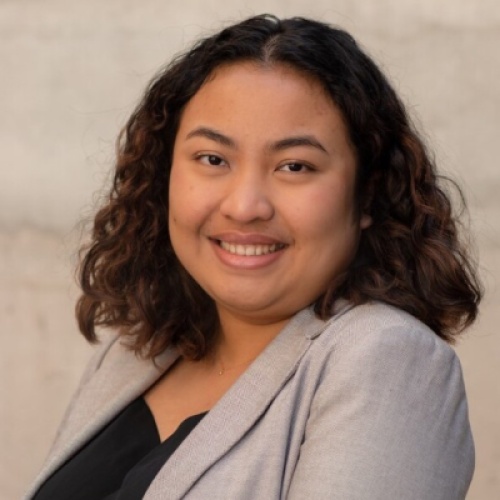

Raissa Amany (she/her) is pursuing an undergraduate degree in Health Sciences at the University of Ottawa. Having personal experience with the healthcare system for her chronic illnesses, Raissa continues to advocate for improving accessibility, equity, and youth engagement within the sector. She is the Youth Coordinator for the Young Canadians Parliament at Children First Canada. She is also the Co-Executive Director of the Young Canadians Roundtable on Health and holds various leadership and advisory positions within the mental health and pediatric healthcare sector.
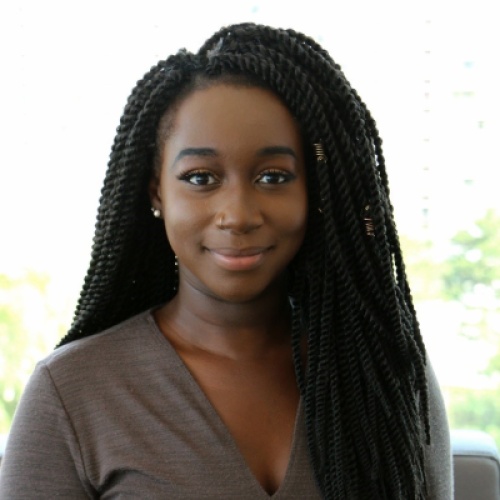

Augustina is a passionate advocate dedicated to transforming patient experiences and raising awareness about mental health. Her personal journey, overcoming psychosis and depression, sparked an unwavering determination within her to share her story and create positive change. Through her work, Augustina leverages her lived experience and expertise to champion patient engagement research. She is a dedicated Youth Engagement Facilitator at CAMH, supporting young people who have experienced psychosis through impactful research initiatives. She is currently the Chair for the Youth Advisory Committee for EPI-SET.
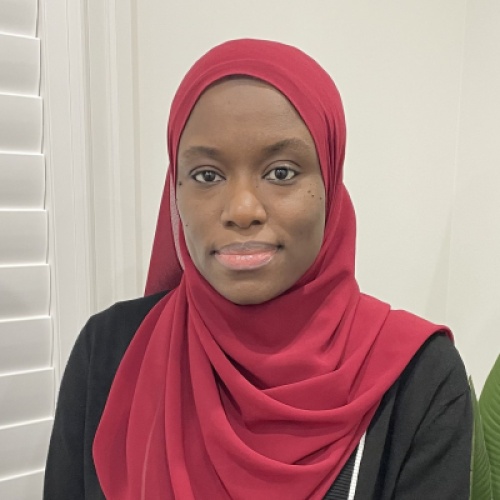

Zainab Amure is a Project Manager at the Youth Wellness Hubs Ontario Provincial Office. Here she directs her passion toward leveraging technology for advancing mental health solutions. With a history of leading diverse projects, she possesses valuable experience overseeing innovative initiatives across sectors, including healthcare. Recognized for strategic thinking and collaborative leadership, Zainab is dedicated to fostering partnerships and prompting positive change. In her current role, she leads the virtual program, merging technology and mental wellness to create holistic outcomes for youth. Join her to gain insights into the phase one implementation of YWHO’s virtual service delivery platform, the YWHO Virtual Hub, providing accessible mental health and substance use support services to youth in Ontario.
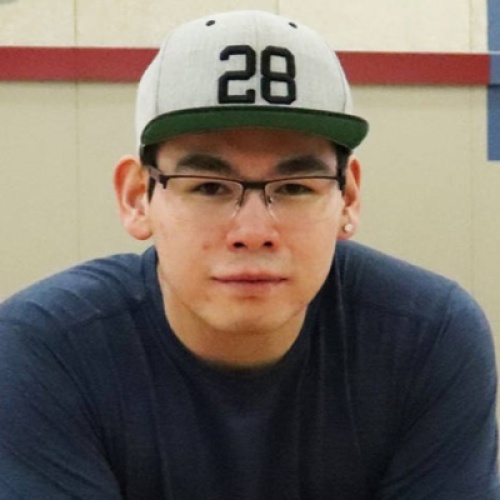

Dwight Ballantyne grew up in Montreal Lake Cree Nation, a remote north Saskatchewan First Nation, until the age of 21. He always felt that he was invisible to the rest of the world that existed outside of his community. When a once in a lifetime opportunity to move to BC presented itself in 2016 he took a leap of faith and left everything he knew behind. Once he had a chance to adjust to his new lifestyle, he realized that many of the new people he met did not even know what a reserve was. This realization instilled a desire to find a way to bridge the gap between remote Indigenous communities and the rest of Canada. In 2019, Dwight founded The Ballantyne Project with the goal of raising awareness about what it was like to grow up in a remote First Nation.
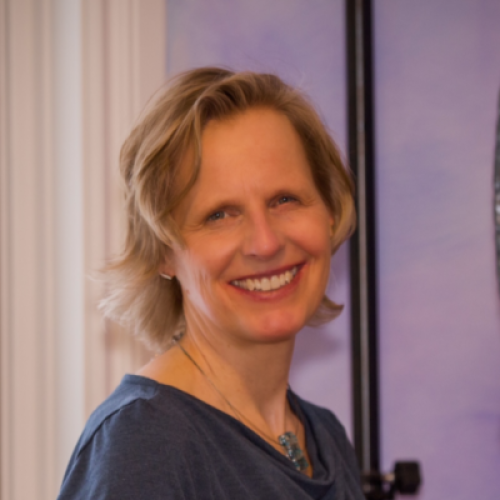

Jennifer trained as a Sound Therapist through the College of Sound Healing in the U.K. where she is still a member. She worked as a Sound Therapist in the U.K. and then moved back to Ontario and established a private practice here (Ottawa Sound Therapy). In her treatments, Jennifer uses instruments she has gathered through the years, along with her voice. She aims to create space for people to move forward in their journey to better health – whether at the physical, emotional, mental, or spiritual level.
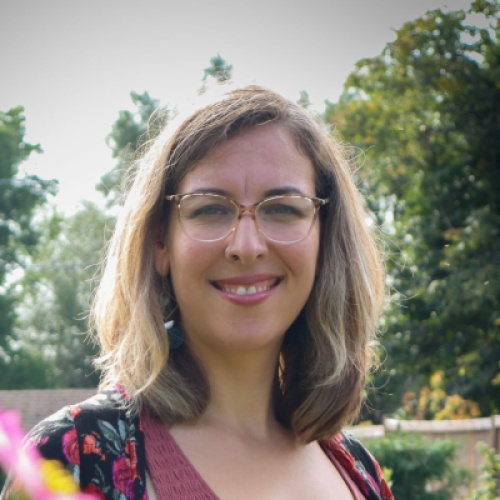

Amanda Bellefeuille is a Project Manager at the University of Ottawa Institute of Mental Health Research at the Royal. She is a Masters of Peace and Conflict studies graduate with 15+ years of experience working with youth in community-based programs, research and evaluation, and teaching.
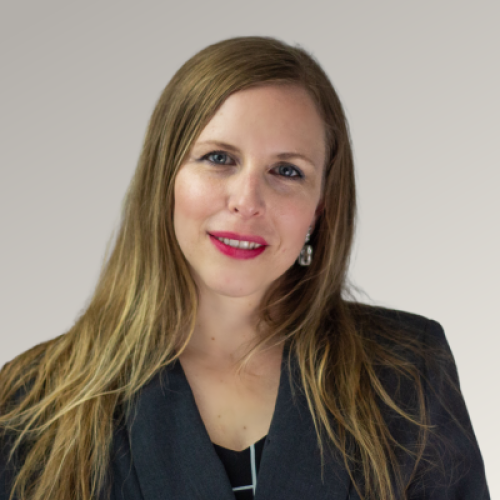

Alexa is the Director, Co-Design and Knowledge Exchange at Stepped Care Solutions. She holds a Master of Arts degree in Community Studies and Global Change and a Postgraduate Certificate in Global Health Challenges. She has a strong background in community development and is very experienced in working with systems change and engaging people with lived and living experience to be a meaningful part of change. Her areas of expertise include knowledge exchange, co-design, engagement, asset-based system mapping, and working with diverse cultural and Indigenous groups. During her time at Stepped Care Solutions Alexa has led several “Populating the Model” series in various contexts, engaging diverse perspectives in systems change and the implementation of SC2.0. Prior to coming to SCS, she worked as the Manager of Knowledge Mobilization at the Mental Health Commission of Canada (MHCC) where she led projects including knowledge translation training (SPARK), and youth mental health (HEADSTRONG).
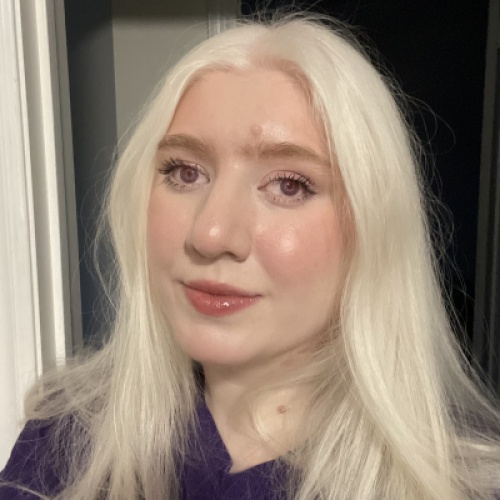

Zuha is a Youth Ambassador at The Grove Youth Wellness Hubs Ontario, who recently graduated from the University of Guelph with a bachelor of arts honours in psychology. Zuha's interests lie in fostering meaningful community engagement to promote accessible mental health resources for young people.
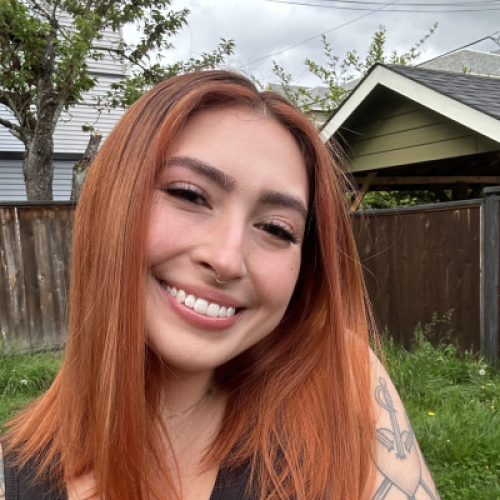

Raysa Camara (she/her) is a queer immigrant who has been an advocate for mental health since first arriving to Canada, 9 years ago. She believes that giving youth the agency to speak and act on their mental health journey is key to empower young people in their mental health and well-being. That's why she works with youth engagement at Foundry, and is passionate about what she does
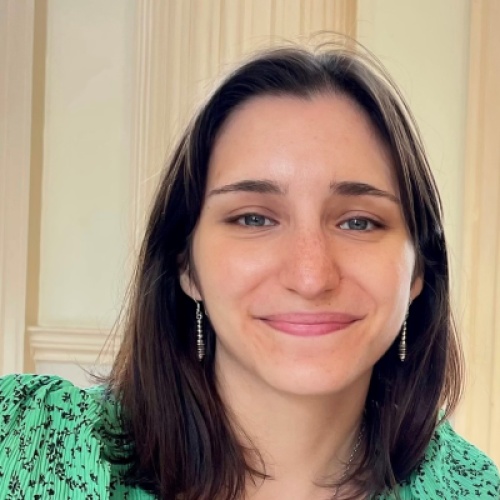

Victoria Carmichael is a Senior Knowledge Mobilization Specialist at the Atlas Institute for Veterans and Families. In this role, she leads and supports various projects, activities and initiatives to improve the availability, accessibility, and usefulness of information and knowledge.
Victoria’s background is in mental health research, project management, and community engagement in the non-profit, academic, and public sectors. She holds a Master of Science in Evidence-Based Social Intervention and Policy Evaluation from the University of Oxford and a Bachelor of Arts in Psychology from McGill University.
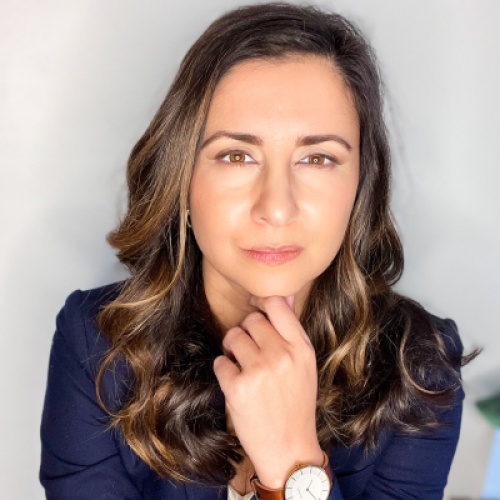

Rachna, an OT Reg. (Ont.) with a MHsc, channels over 21 years of diverse healthcare expertise. Presently Director of Program Operations for young adult mental health (16-29), at Stella’s Place, Rachna passionately drives expertise into action. Her journey spans from front-line occupational therapy with children to quality improvement initiatives at leading Toronto hospitals, evolving into managerial roles. At Stella’s Place, Rachna champions active collaboration with youth and families and fostering inclusive environments. She empowers young individuals for employment and nurtures peer support programs rooted in lived experiences. Join Rachna in exploring practical strategies that reshape mental health care, challenging norms, and translating expertise into meaningful actions for youth well-being.
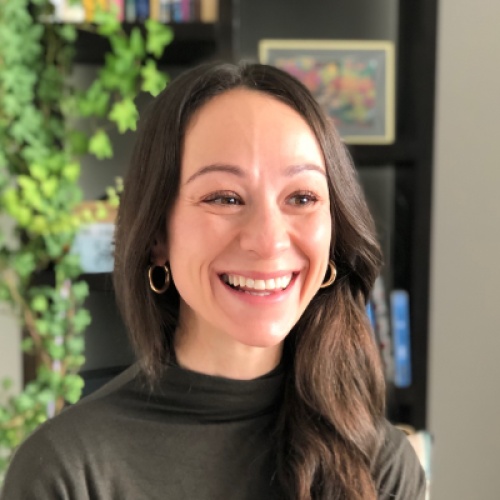

Agnes Chen is a proud first-generation Canadian, a mother of 4, and a registered nurse focused on anti-oppressive and trauma-informed approaches to health and well-being. Using her lived experience with the criminalization of a parent experiencing poverty and substance use challenges, she founded Starlings Community (now Family Advocacy Support Centre), to address systemic barriers to health equity for families. As the co-chair of the trauma-informed Care Collective of Alberta, she proudly journeys with 30 organizations in supporting the government to apply TI approaches to policies and practices. With a passion for family rights, Agnes brings her personal and professional expertise into her role as a leader, focused on nurturing reciprocal partnerships and genuine relationships with organizers and peers worldwide with one goal: to protect the health and promote the healing of generations of families.


Madeleine (she/her/hers) first got involved with mental health advocacy in 2014 and has had the opportunity to engage with numerous organizations since then. Her work has included programming, research, building design, policy, education, 2SLGBTQ+ services, and public speaking. She is currently the Program Assistant for UofT’s Health and Wellness Peer Support Service which offers one-on-one, confidential sessions to students and was previously a Peer Supporter with the service. She is currently doing her Bachelor of Kinesiology at the University of Toronto and has future career plans to enter into nursing with the hope of focusing on paediatric psychiatry and eating disorders. When she’s not studying or advocating she can be found defending the net, whether it’s ice hockey, ringette, or field hockey, or helping coach the next generation of players.
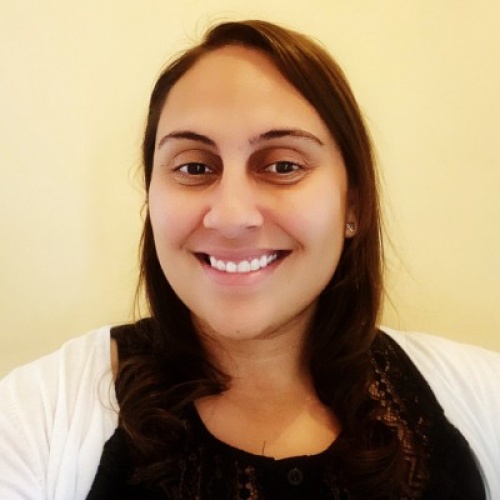

Fiona Cooligan has worked in the youth mental health field for over 13 years as a program administrator, a participatory evaluator, a group facilitator, and a crisis intervention trainer with LivingWorks (for Applied Suicide Intervention Skills Training). With a background in Psychology and Human Rights and a Master of Arts in Education (concentration in leadership, evaluation, curriculum development and policy studies), her research has focused primarily on student engagement and advancing peer-led academic support models. Ms. Cooligan currently leads a multidisciplinary team at CHEO’s YouthNet/RéseauAdo (YNRA), a for-youth-by-youth mental health program. YNRA offers a range of education, intervention, and youth advocacy services for young people ages 13-20 across the eastern Ontario region. Ms. Cooligan brings her expertise as YNRA’s Program Coordinator to help build sustainable youth-adult partnerships and support greater integration of community, education, and health services through a youth engagement lens.
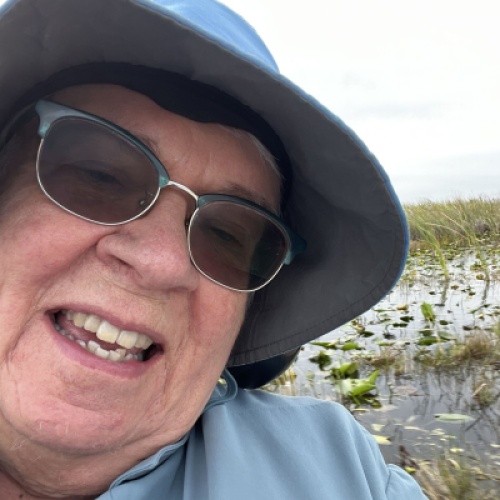

Marg is the Executive Director of Haliburton County Youth Hub and Point in Time. She is committed to improving service systems locally and beyond and knows that means youth, families and others with lived experience and service providers need to be engaged and listened to.


Heath (they/them) is a youth mental health activist, public speaker, and young person with lived experience of drug use and mental illness. They believe that adolescent drug use is primarily a health issue, emphasizing that young people are autonomous individuals with complex needs and uniquely valuable insights, all of whom have an equal right to health services and evidence based information free of judgement, stigma, or shame.
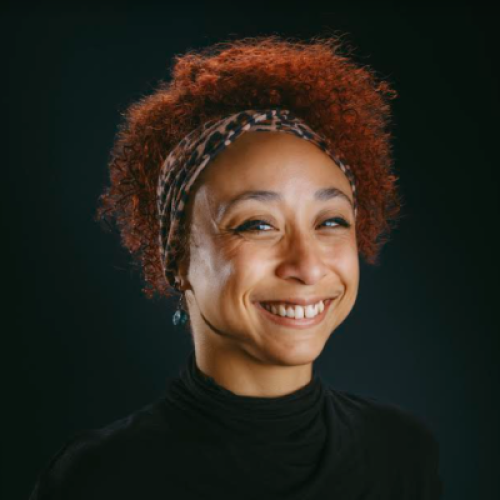

Mardi Daley, H.BA (any pronouns) is a lived experience advocate, researcher and Youth Engagement Specialist working at the Centre for Addiction and Mental Health (CAMH), the MAP Center for Urban Health Solutions and the Toronto Alliance to End Homelessness (TAEH). Within these roles, Mardi focuses on building ethical and meaningful engagement strategies for youth participation and leadership in research, evaluation and community-based projects.
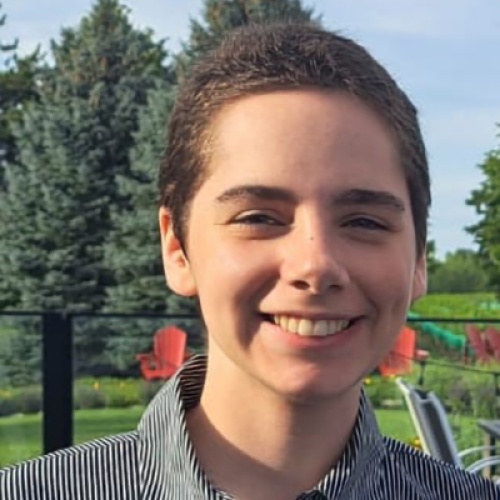

As a young person living with comorbid mental health issues and chronic illness, I am passionate about removing barriers to accessing proper mental health services. I’m currently an undergraduate Psychology student at York. I hope to specialize in Health Psychology. My goal is to combine my lived experience with technical training to help contribute patient-informed research and care to the field. I enjoy creating pixel art in my free time.
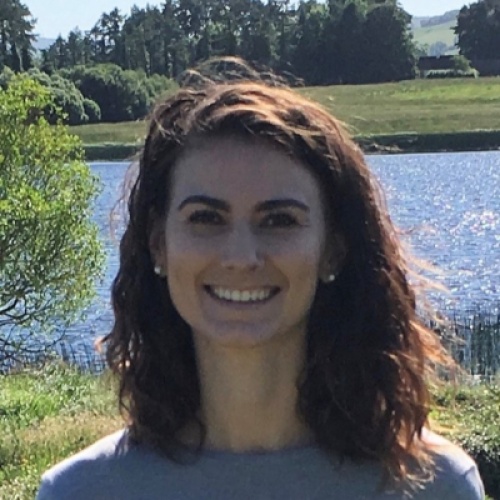

Scarlett Davidson (she/her) is a passionate mental health advocate with lived experience and has nine years of career experience in youth mental health. In addition to her former employment with a youth mental health and engagement program as well as with a youth mental health treatment residence, she has volunteered in a variety of roles within the field. Having grown up in a rural area (outside of Walkerton, ON) until she moved to London, ON for university, Scarlett has experienced the disparities that exist in the mental health systems of both rural and urban communities. She is a firm believer that the best way to change these systems is to include those with lived experience in each stage of the process.
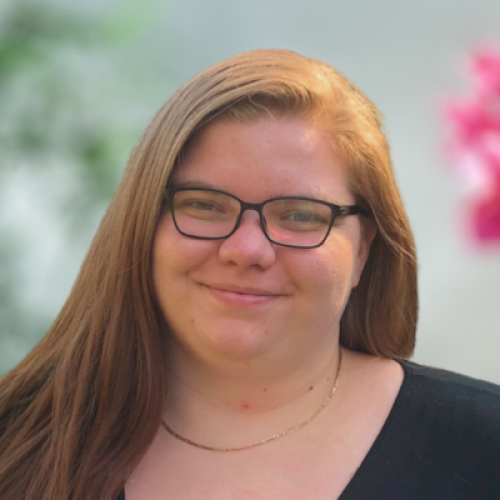

Jaime (she/her) is an excited learner and passionate mental health advocate. Growing up seeing the impacts of mental health and illness around her, as well as having her own experiences of anxiety and eating disorders through young adulthood, propelled her interest in an education and career path. She holds a Bachelor’s Degree in Social Psychology from McMaster University, where she minored in Mental Health, Addictions, and Society, as well as a graduate certificate in Concurrent Disorders from Mohawk College. Jaime has years of experience in peer-focused roles, where she developed a non- judgmental and person-centered approach to supporting others and brings this combination of knowledge and lived experience into her current work. As the Peer Support and Navigation Coordinator with Eating Disorders Nova Scotia, Jaime supports the Peer Mentors at Body Peace Canada. When she’s not working, Jaime enjoys true crime podcasts, video games, reading, and any activity where she can spend time with the people she loves.
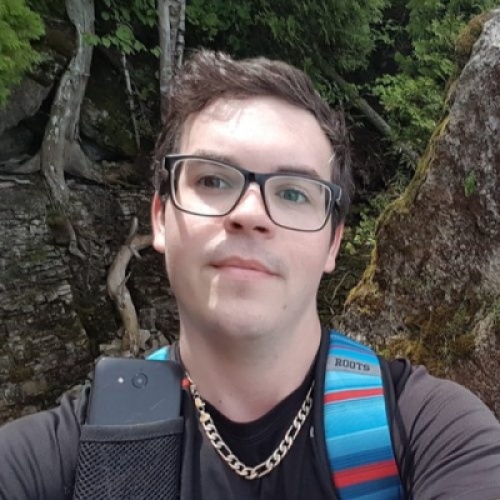

I'm a student, advocate, public speaker, and leader dedicated to instigating positive change. Leveraging my experiences, I contribute to initiatives like the ERYND mental health committee, The York Regions’ Youth Strategy, Youth Speak, and the Georgina Affordable Housing Coalition. I passionately advocate for youth facing challenges in mental health, addictions, gender identity, and bullying. My involvement in committees focuses on streamlining services for youth transitioning from adolescence to adulthood. I've presented on the harms of cannabis to youth through 360° Kids' substance use program. Future aspirations include pursuing a career as a social worker, advancing through the Bachelors of Community Mental Health and Addictions program to a master's. Ultimately, I aim to establish youth hubs, fostering safe spaces where families and youth can access vital information, making the complex system more approachable.
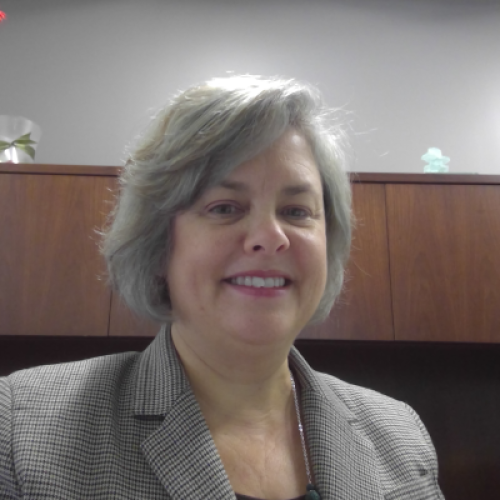

Lillian Duda is currently the Family Advisory Lead for the Early Psychosis Intervention and Spreading Evidence Based Treatment (EPI-SET) research project with the Centre for Addiction and Mental Health (CAMH). My son used the early psychosis intervention services at the Slaight Centre for Youth in Transition at CAMH and as a family we greatly benefited from the services offered. I strongly believe that any young adult with psychosis should receive the care and support needed to get their life back on track. I volunteer at CAMH to help improve the Early Psychosis Intervention services across Ontario.
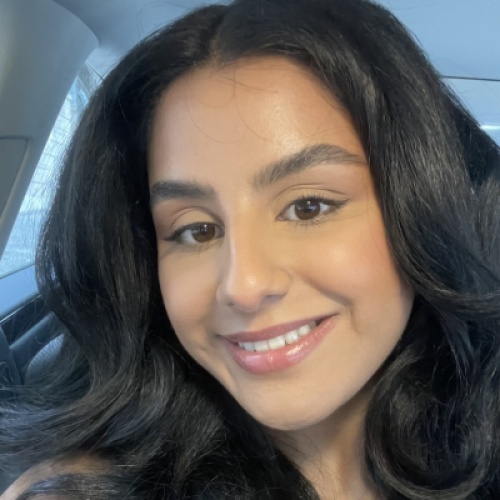

Avneet (she/her/hers) is a MSc student in Rehabilitation Science at UBC in Dr. Skye Barbic’s Laboratory. Prior to her graduate studies, she successfully completed a Bachelor of Science degree from UBC with an interdisciplinary focus, encompassing Chemistry, Earth Ocean and Environmental Sciences, and Life Sciences. Her current research work is focused on South Asian Youth Mental Health and Substance Use. More specifically, her research falls under the umbrella of Health Services Research, which places a strong emphasis on patient-centered and youth-centric approaches. Avneet actively collaborates with community partners in her research, such as Foundry BC and Students Overcoming Substance Use and Addiction. She hopes to further her research in mental health, substance use and addictions among visible minorities during her pursuit of a PhD. Outside of research, she enjoys listening to music, attending concerts, thrifting and engaging in design-related activities.


Brianna Dunstan is a graduate student in the Translational Research Program at the University of Toronto, driven by a dedication to advancing health equity and advocating for BIPOC individuals' well-being. Their current research focuses on inclusive patient engagement, while their broader interests include trauma-informed research and mental health within diverse communities.
Committed to addressing systemic barriers, Brianna applies a compassionate approach to their work, aiming for tangible advancements in health equity. They seek collaborations and meaningful conversations to foster positive change in healthcare research. Beyond academia, Brianna is a versatile commercial dancer, blending science and artistry into a unique skill set and perspective.
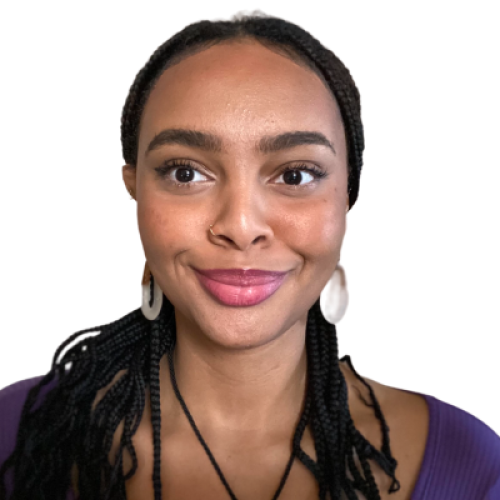

Maya is a Bachelor of Health Sciences student at the University of Calgary and a research volunteer with FASC. She is deeply passionate about advancing healthcare and enhancing health outcomes, with a specific focus on under researched and marginalized communities. Her academic journey is driven by a profound interest in health policy, health equity, health economics, and health services. She is committed to leveraging her knowledge and skills to make a positive impact on the well-being of individuals and communities.
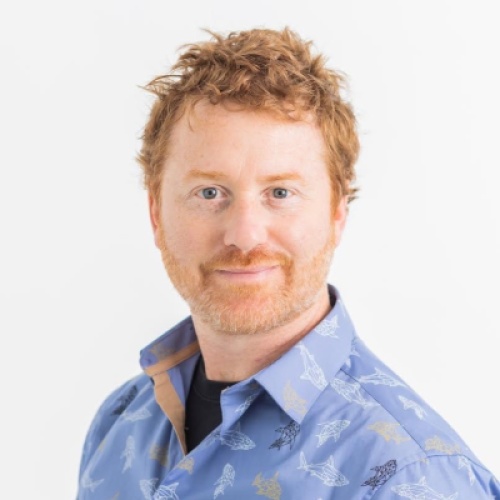

Shawn Fisk is an engaging educator, clinician, facilitator, and public speaker whose professional expertise is informed by more than 20 years of experience with systems of care for Substance Use Health needs. As an ally, counsellor, therapist, and peer, Shawn directs his passion for the study of psychology, concurrent disorders, mental health, and Substance Use Health, towards standing beside and supporting those whose health needs care.
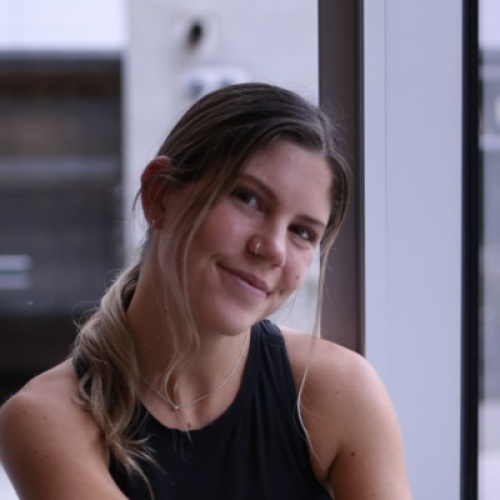

Kaelin is a recent Master of Public Health graduate who is now applying her passion for health policy and mental health at Foundry as a Policy Analyst. Her background in Biochemistry research and deep love for public health and social justice has allowed her to bring both an analytical and equity-based lens to her work. Born and raised on the beautiful lands of the Coast Salish Peoples, Kaelin keeps a long list of hobbies such as trail running, backpacking, skiing, and rock climbing.
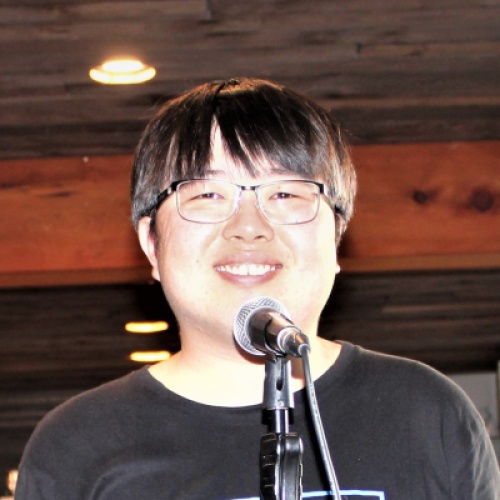

Herbert (they/them) is a queer and non-binary mental health advocate. A multi-disciplinary person, they are also a piano teacher and a spoken word poet. Herbert loves to write and perform poetry in various events like the Vancouver Poetry Slam. Herbert is a public speaker doing talks on mental health as part of Jack.org's Jack Talks program, which has inspired them to strive to transform music education to be more positive and mental health-friendly. A fun fact is that this is their first time hosting and moderating, having been so inspired by their first time attending Frayme 2023 in their home city of Vancouver! Herbert loves to travel, doing photography, and meeting new people.
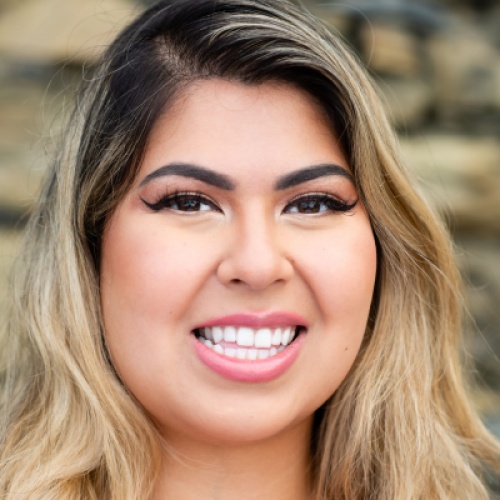

Seren Friskie (She/They) is an Equity & Engagement Specialist at Foundry BC, a Research Associate at SARAVYC, and an Indigenous Wellness Educator, Speaker and Advocate in their community. They are of mixed European and Indigenous ancestry, including Néhiyaw, Sto:lo, French, and Brazilian. Seren is passionate about health equity, JEDI work, and community engagement. Their work has included creating Black community spaces in Vancouver, growing gender-affirming care clinics and legal services, and advocating for mental health services across Turtle Island. They currently live in so-called Vancouver, BC, on the occupied and stolen territories of The xʷməθkʷəy̓əm (Musqueam), Sḵwx̱wú7mesh (Squamish), and səlilwətaɬ (Tsleil-Waututh) Nations.
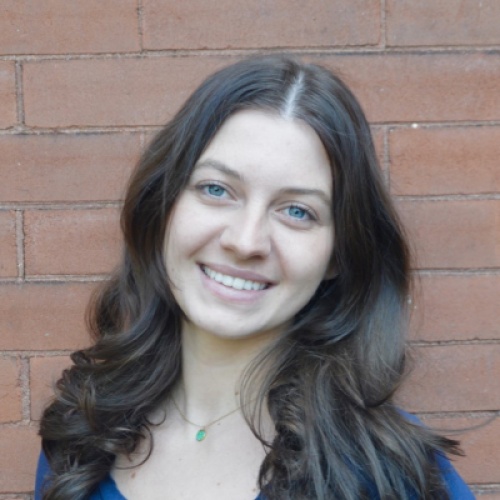

Hello! My name is Lilli, and I am a Mental Health Planner at Youthnet, an outpatient program of the Children's Hospital of Eastern Ontario (CHEO). I recently graduated from the University of Ottawa with a BSc in Psychology. I have a strong passion for youth mental health and bring experience from child welfare, in-patient & crisis services. Part of my position at Youthnet allows me to run our Youth Advisory Committee which specializes in fostering youth engagement through various avenues. At Youthnet we believe in a for-youth by-youth philosophy, ensuring that all our programming, outreach and preventative mental health services are vetted and evaluated by the young people they serve. Through this experience I believe there is much we can share about our ongoing projects and the work we do across Ottawa to have youth voices involved in their own services.
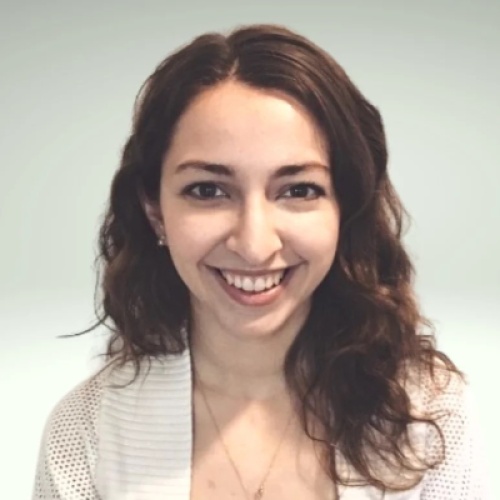

Sam completed her PhD in Developmental Psychology at the University of Waterloo and a post-doctoral fellowship at the University of Toronto. Sam studied how infants and children process information, learn, and make decisions, and also why adults sometimes have trouble with these things. Sam also studied how different home and learning environments affect children’s outcomes in these areas.
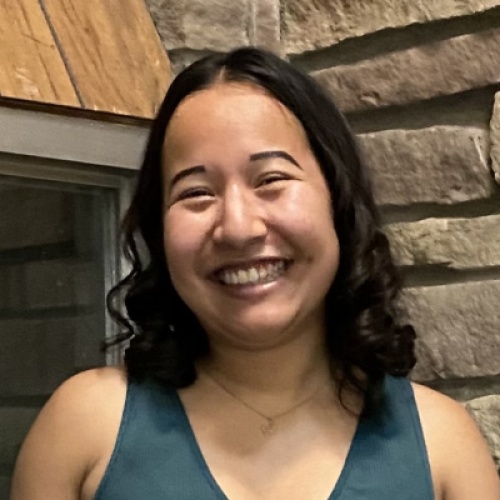

Antonietta Gutierrez (she/her) is a Co-Founder of the Youth Advisory Council at Yorktown Family Services. Currently pursuing a Bachelor in Social Work at Toronto Metropolitan University, Antonietta was brought to this work after her dad died of stage four lung cancer when she was 12. Experiencing significant loss, trauma and barriers at a young age has sparked a driving purpose and passion. Antonietta has presented provincially and nationally on youth grief and mental health through Canadian Virtual Hospice, Canadian Hospice Palliative Care Association and Children’s Mental Health Ontario. She is part of the Canadian Alliance for Children’s Grief as a Member of their Advisory for a National Research Project. She currently works as a Youth Mentor at Sick Kids Centre for Community Mental Health and Coordinator for a Children’s Bereavement Camp, Camp Erin Toronto.
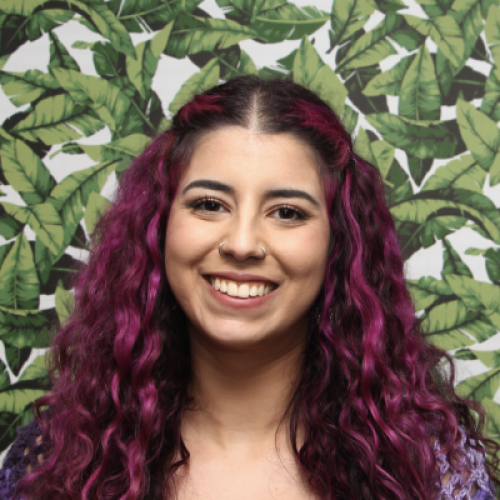

Noor (she/her) is a substance use and mental health advocate, focusing on harm reduction and recovery, drawing from her own lived experience. She earned her B.A. (Honours) in Psychology from the University of Calgary, and currently works as the Project Coordinator for a program on campus providing drug education, harm reduction resources, and supporting students with substance use concerns or recovery.
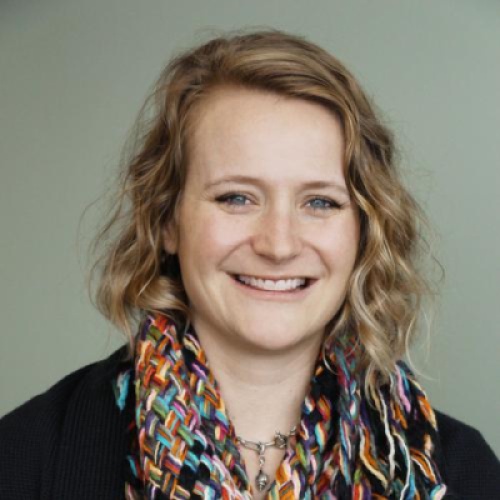

Tanya Halsall is a Scientist at the University of Ottawa Institute of Mental Health Research at the Royal and an Adjunct Research Professor in the Department of Neuroscience at Carleton University. Her primary research areas are related to child and youth development, evaluation and health promotion. Her specific interests are in participatory approaches and interventions that support system change for child and youth well-being.


Micaela Harley (she/her) is a strategic change maker in the Youth Mental Health and Substance Use System, with a focus on the inclusion of lived and living expertise within this work. Micaela’s passion for change in this area began in her early teen years, stemming from her own personal experiences as both a direct service user and a youth providing caregiving support to a loved one who was struggling. Utilizing these experiences, along with her professional and educational knowledge, she has advised and implemented a variety of youth mental health and substance use projects within local, national and international contexts. At Frayme, Micaela works strategically to ensure the expertise of youth, caregiver and advocates are embedded through the work being done internal to Frayme and externally within the system. When Micaela is not working, she enjoys painting, reading, watching Netflix, and going on adventures. Additionally, Micaela has graduated from the Bachelor of Social Work program at Carleton University and Masters of Applied Health Sciences degree at Western University.
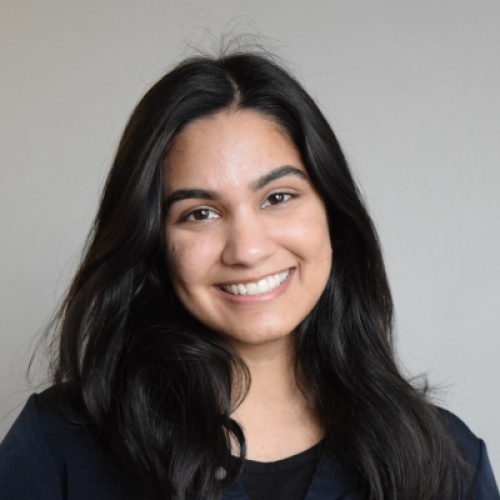

Alisha (she/her) is currently in her second year of the Bachelor of Health Sciences program at McMaster University. She wishes to pursue a career in health care with an understanding of the Canadian mental health landscape for youth. She hopes to make medicine more inclusive and accessible, and address systemic barriers to seeking help. Through her experience of immigrating from Pakistan, Alisha has had first-hand experience with the impact of cultural attitudes on the well-being of minority communities. As the founder of her high school Jack.org chapter, she created a safe space for exploration and education on this issue, which marked the beginning of her mental health advocacy. Since then, Alisha has served as a national projects assistant with the Mood Disorders Society of Canada, planned the first Youth Summit for Mental Health in her hometown of Belleville, Ontario, and is currently a member of the Youth Council for the Mental Health Commission of Canada. As a co-host for the Frayme Learning Institute, Alisha hopes to contribute to a culture of collaboration and shared learning to drive positive, sustainable change in the YMHSU system.
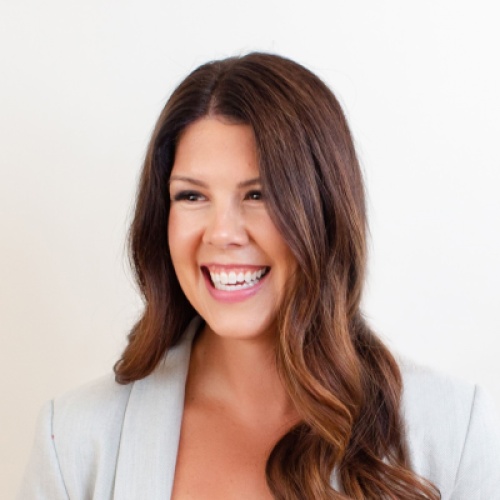

Dr. Helena Hawryluk PhD, RSW is a registered social worker, co-founder of Shoulder to Shoulder and director of the National Warrior Kids Programs with Wounded Warriors Canada, available to youth from military and first-responder families impacted by a parent’s psychological injury. Practising for over 16 years with families of the Canadian Armed Forces and Public Safety Personnel, she aims to be a disruptor for change in how we support youth mental health, especially those impacted by the effects of secondary trauma. Her other work includes running a school mental health program called Heads Up, aimed to reduce stigma for all young people in Canada to actively engage in meaningful ways to support their mental health. She was awarded the Wounded Warriors Doctoral Scholarship for her research entitled “Through our Eyes”, using participatory visual methods to showcase the unique perspectives and needs of youth in military families impacted by PTSD, post-Afghanistan.
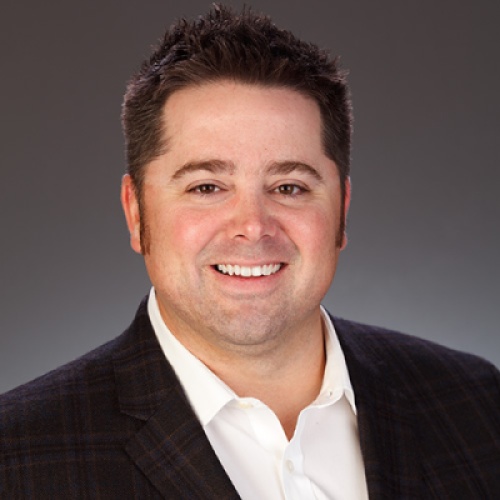

Jeff Hoffman is the Executive Director at the Grove Hubs Wellington Guelph. Jeff has over 20 years’ experience leading teams and raising resources in partnership with some amazing individuals and some of Canada’s largest brands. At the Grove, Jeff leads the resourcing and operations initiatives for the sites. When he is not at the Hubs, you’ll most likely find him in a hockey arena with a large double double or on a baseball diamond with his fungo bat.
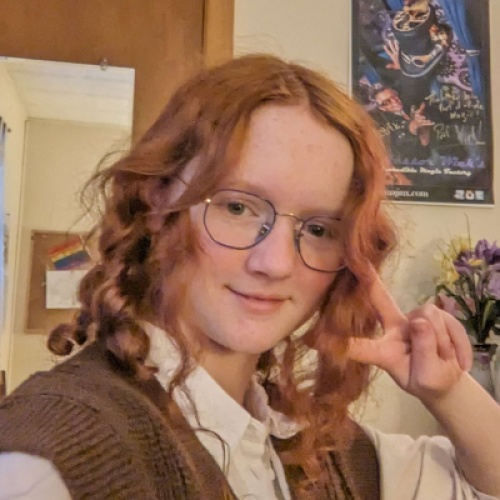

Alex is a chaotic and cheerful teenager, who is a total music and book addict.
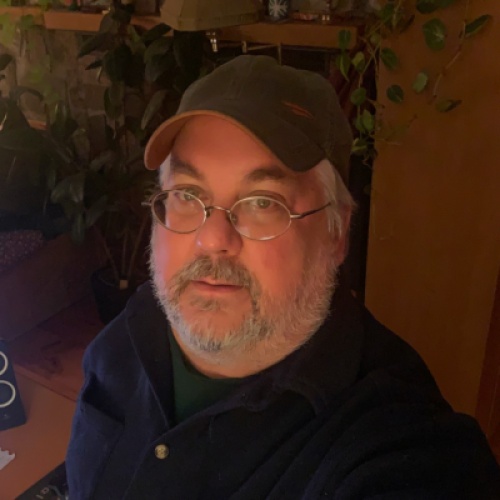

Kevin is a single parent and web developer who is trying his best to raise a couple of weird and wonderful teenagers while dealing with polarized influences amid his own neurodiverse challenges.
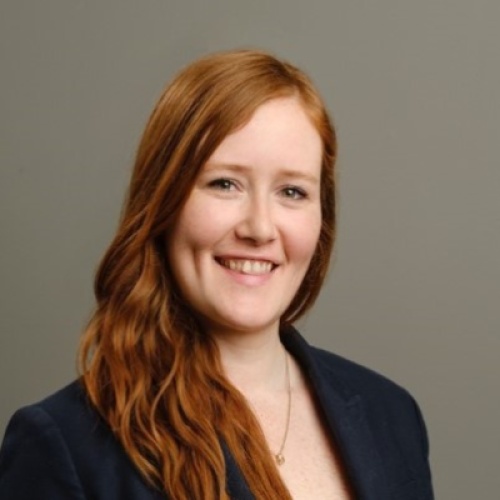

Danielle Impey is Manager, Access to Quality Mental Health Services, at the Mental Health Commission of Canada. In this role, she is responsible for the Stepped Care 2.0 initiative, a person-centered approach for system transformation.
Danielle has over 10 years of experience working in mental health, with direct experience and impacts with service users, providers, and health leaders, as well as research & policy. Danielle is PhD trained and a Chief Health Executive (CHE) candidate, with over 5 years experience at the MHCC in supporting national knowledge exchange and resource development to improve access to quality care. She is a champion for person-centered care and seeks to collaborate with and amplify the voices of people with lived expertise. Danielle utilizes her knowledge and experience in mental health to ensure the right people get the right information to improve access to quality mental health care for all.
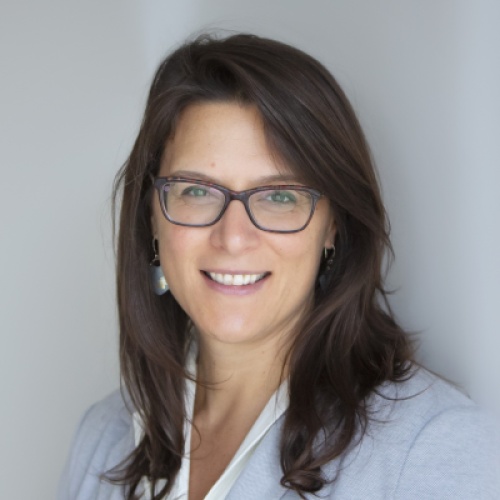

Alexia is a strategic system change leader and psychologist with over 20 years of clinical practice and system change experience, offering expertise in implementing large-scale, evidence-based, innovative mental health programs at the organizational and systems level. Alexia is currently Vice-President, Development and Implementation at Stepped Care Solutions. Alexia lead's the development of Stepped Care Solutions’ (SCS) implementation process, aligned with the SC2.0 model’s principles and implementation best practices. She oversees a SCS implementation support system, including training, resources, and capacity building to support SC2.0 implementation in different contexts nationally, internationally and across sectors.
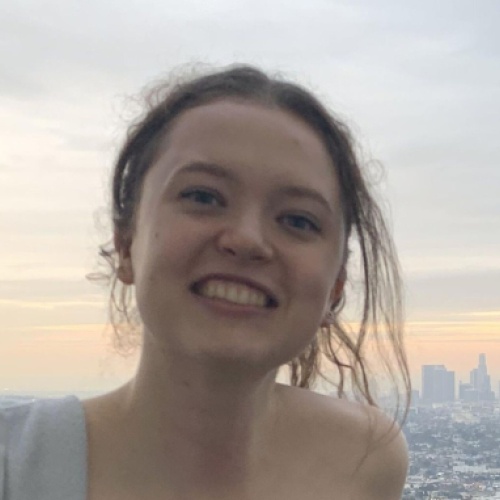

Kylie (she/her) is a fellow for the 3rd cohort of Frayme's Knowledge Mobilization Fellowship. She was raised in Edmonton, Alberta; but is currently located in Kelowna, BC. She is currently in the process of finishing her Bachelor of Science majoring in Psychology at UBC Okanagan. She hopes to pursue a career in the medical field in the future and is trying to develop her skills in research and knowledge mobilization to help assist her in her future endeavours. Kylie has worked with many organizations in and around the YMHSU sector including Foundry BC, Access Open Minds, CAMH, Wounded Warriors Canada, and more. In her free time, she loves going to hot yoga, volunteering for the SPCA, going for coffee, painting, and watching films. She can't wait to see what amazing knowledge mobilization-related products come out of this year's fellowship!
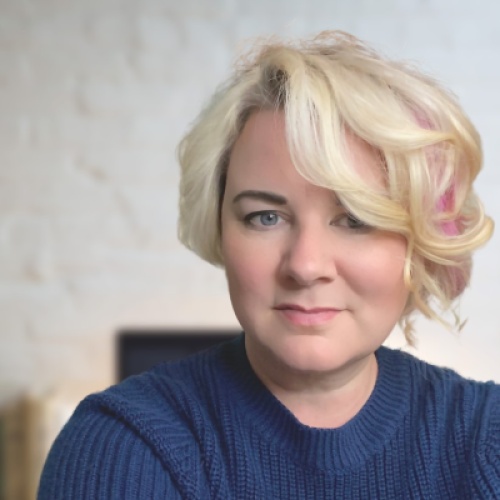

Shaleen Jones is an advocate, organizer, supporter, and rabble rouser in the field of eating disorders, holding leadership positions with the BC Eating Disorders Association, Laing House, Peer Support Canada, CMHA National, and Eating Disorders Nova Scotia. Having overcome an eating disorder, she is passionate about recovery, the transformative power of peer support, and creating sustainable systems change. Shaleen was one of the first Canadians trained to provide peer support for those with eating disorders, earning her Peer Support Canada Certification in 2015. Shaleen has been recognized with the Inspiring Lives Award from the Mental Health Foundation of Nova Scotia, the Invisible Champion Award from the Bhayana Family Foundation, and the Association of Psychologist of NS Community Award in Mental Health. She currently serves on the Mental Heath Commission of Canada's Hallway Group, Quality Mental Health Care Network, and the E-Mental Health Collaborative.
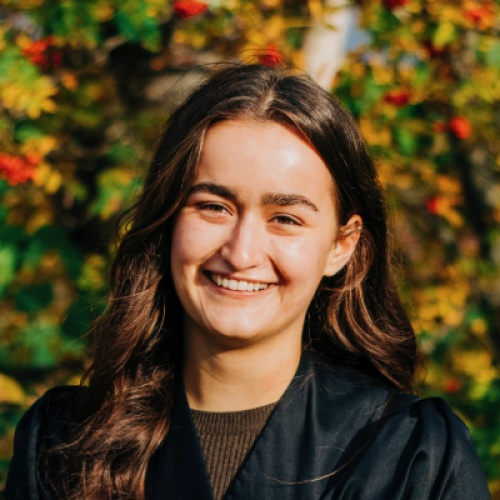

Julia is a graduate student in the Faculty of Health Sciences at Simon Fraser University. As a member of the Capturing Health and Resilience Trajectories (CHART) lab, led by Dr. Hasina Samji, Julia takes a strengths-based approach to youth health and well-being and looks to better understand how young people can be supported in all areas of their life. Specifically, she is interested in the knowledge mobilization of youth well-being research, with an emphasis on youth-led projects.
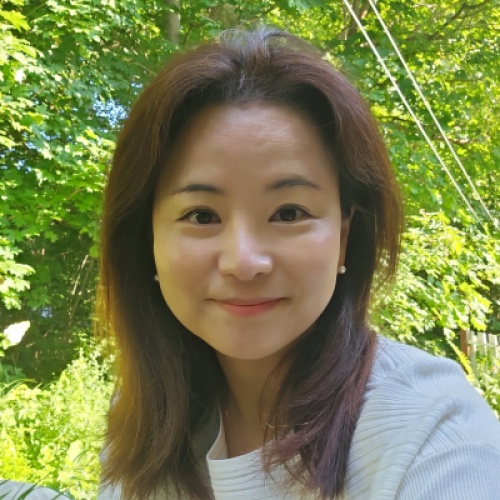

Dr. Kim is a research scientist conducting research in psychiatric epidemiology at the Waypoint Research Institute and an assistant clinical professor at McMaster University, Department of Psychiatry and Behavioural Neurosciences. Before joining Waypoint Centre for Mental Health Care, she was a postdoctoral fellow at the Offord Centre for Child Studies at McMaster University. She has also trained and worked as a clinical psychologist upon obtaining her master’s degree in clinical psychology. She has expertise and interdisciplinary research experience in youth mental health. Her research program examines socio-cultural determinants of youths’ mental health. It develops and implements equitable and culturally competent preventative intervention programs to mitigate mental health challenges and disparities and promote equitable mental health among marginalized youths.
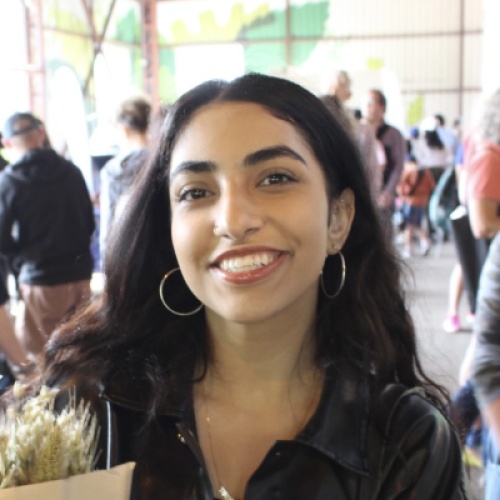

Mishika Khurana is a 4th-year Geographic Analysis student at Toronto Metropolitan University. Born and raised in Toronto, Mishika has always been interested in how cities are shaped and the various factors that contribute to that, such as the wellbeing of community members. Over the last few years, she has worked within multiple healthcare organizations, which really shaped her ideas on the connections of accessible mental health supports to create more inclusive, sustainable and resilient cities. She was one of the Knowledge Mobilization Fellows last cohort and is excited to return as a Moderator for the Learning Institute!
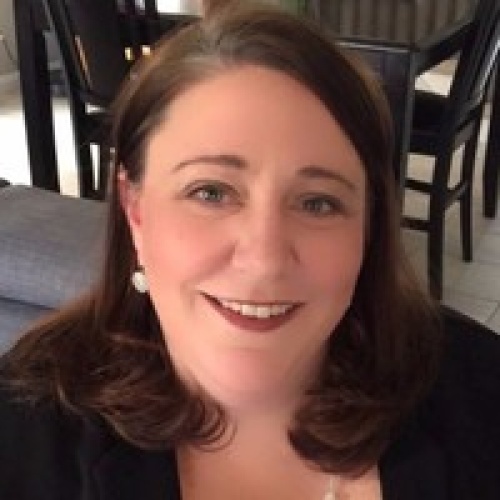

Beth King is the Manager of Fund Development at the Canadian Mental Health Association Waterloo Wellington. She has almost 25 years of experience providing leadership to community relations and fund development initiatives. Beth is a passionate storyteller who believes that stories have the power to inspire, motivate and create connection to the causes that we care most about. At CMHA Waterloo Wellington, Beth is working to help our community better understand the mental health needs of local individuals and families. When she is not at work you will find her with her family – wherever they are is where she loves to be.
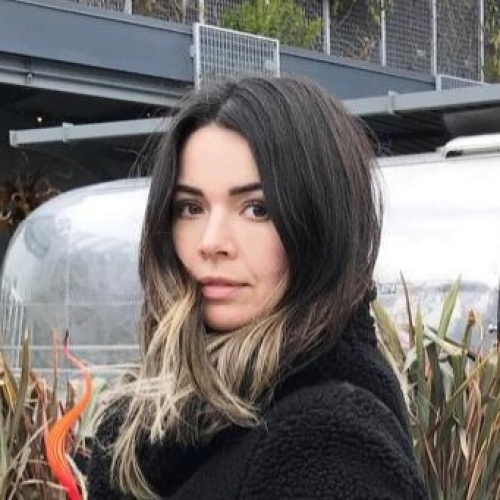

Milana is the Communications and Digital Engagement Specialist at Foundry BC. She was born and raised in Serbia, and has been on the traditional, ancestral and unceded territories of the hən̓q̓əmin̓əm̓ and Sḵwx̱wú7mesh speaking peoples, also known as Burnaby, since she was 10. Milana has extensive social media marketing experience and currently works closely with the Digital Strategy team at Foundry to increase brand awareness and engage youth in finding the resources they need to maintain their well-being. In her spare time, Milana loves to spend time outdoors, rollerblading along the seawall and enjoying the ocean breeze.
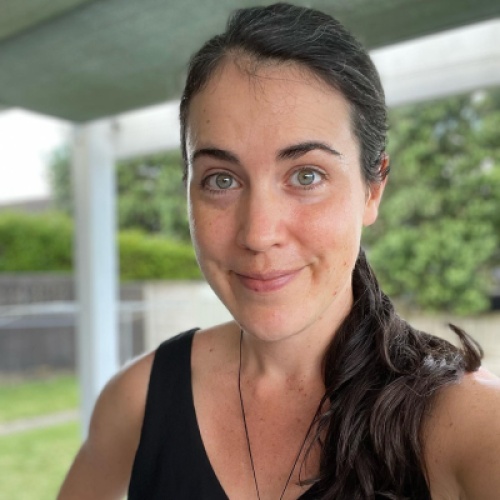

Andrea LaMarre, PhD, is a Research Associate at CHEO Research Institute. Her research has focused on eating disorder recovery, as well as lived-experience-driven approaches to eating disorder treatment and support. She uses qualitative and arts-based methors in her research, seeking to deeply engage with people's experiences in their own words. Prior to taking up her current position, Andrea lived and worked in Aotearoa New Zealand for 3.5 years, where she worked as a lecturer in critical health psychology at Massey University. Andrea has published widely in peer reviewed journal articles, as well as being regularly invited to contribute to blogs and news articles. She has presented at many national and international conferences over the past 10 years, sharing her research on eating disorders and recovery with interdisciplinary audiences.
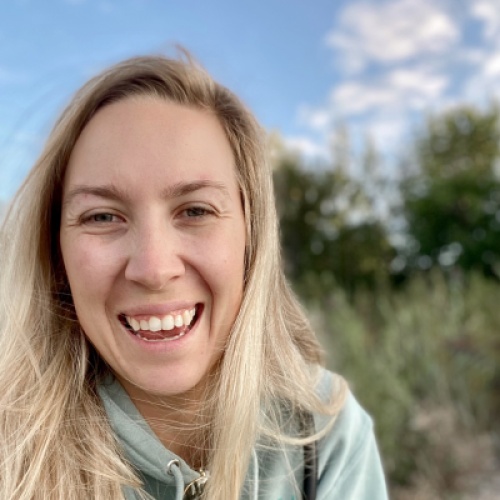

Born to an Infantry soldier, the military lifestyle was all Kayla knew. At thirteen, Kayla recalls what it was like to move away from her military community and into a small town where being from a military family was much different from the experiences of her peers. Now, with a diploma in Early Childhood Education and a degree in Family Studies and Sociology, Kayla advocates for and provides support for military youth navigating the unique challenges of this lifestyle.
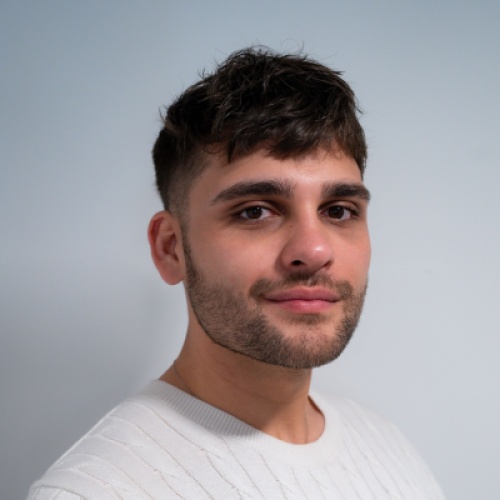

Justin Langan is a 24-year-old Indigenous advocate from the rural town of Swan River, MB. Since he was 15, he’s been a leader for Indigenous youth. He sits on many local, provincial, and national committees. Some of his achievements include the 2021 Métis Youth Indspire Award, the Terry Fox Humanitarian Award, the Top 25 Environmentalists Under 25, the National Champion of Mental Health for Youth, and more. He’s in his fourth year of majoring in political studies at the University of Manitoba. After graduation, he will attend law school to study Human Rights Law. He intends to become a lawyer and a politician, advocating for Canadians' rights internationally.
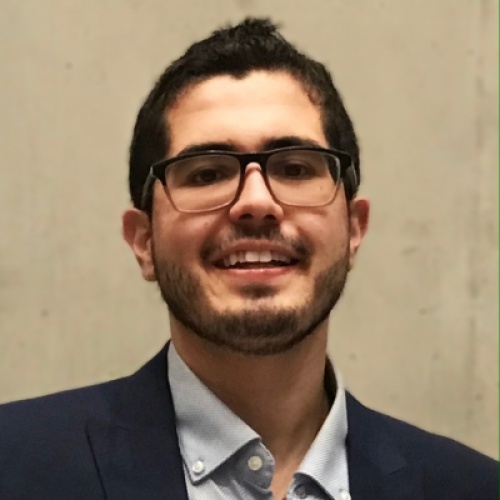

I am dedicated to advancing scientific knowledge through translational research. My passion lies in disseminating knowledge to bridge the gap between research and practical applications, aiming to contribute to societal advancements and empower diverse communities. Currently, my focus is on a capstone project, collaborating with Youth Wellness Hubs Ontario, aiming to engage youth in mental health services through measurement-based care.
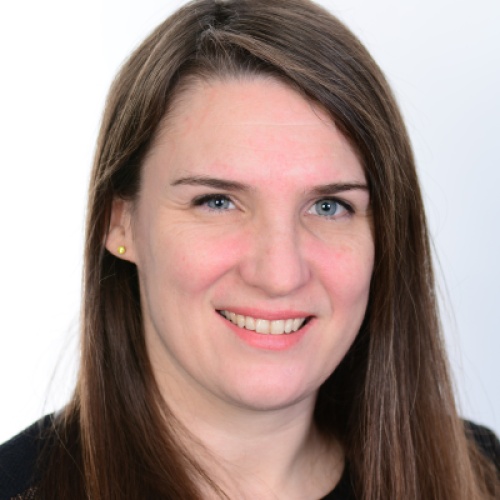

Dr. Arlene MacDougall is a psychiatrist, Associate Professor (Clinician Researcher) and the Director of Research for the Department of Psychiatry at the Schulich School of Medicine & Dentistry, Western University with a cross-appointment to the Department of Epidemiology & Biostatistics. She is also the Director of Research and Innovation for Mental Health Care at St. Joseph’s Health Care London. Dr. MacDougall leads trans-disciplinary and cross-sectoral educational, research and innovation initiatives that apply social innovation approaches for tackling complex mental health system challenges. These include the MINDS (Mental Health INcubator for Disruptive Solutions) of London-Middlesex - Canada's first social innovation lab addressing complex community mental health challenges starting with the mental health of youth and young adults and the CREATE Kenya project focused on the use of social entrepreneurism and psychosocial rehabilitation to promote recovery from serious mental illness in low income settings. Dr. MacDougall is the founder and CEO of The Global MINDS Collective, registered charity, which trains and builds capacity in mindfulness, social emotional learning and mindful social innovation to catalyze self and system transformation for mental health and wellbeing both locally and globally (e.g., El Salvador, Democratic Republic of the Congo). She also contributed to the design, establishment and evaluation of Biigajiiskaan: Indigenous Pathways to Mental Wellness at St. Joseph's Health Care London - a novel approach to care for Indigenous people with severe and persistent mental illness that incorporates both Western mental health care and Indigenous knowledge and traditional healing. Dr. MacDougall conducts research in the areas of youth mental health, mindfulness, early psychosis, and collaborative care. She has been recognized as a Global Young Physician Leader by the international Inter-Academy Partnership.
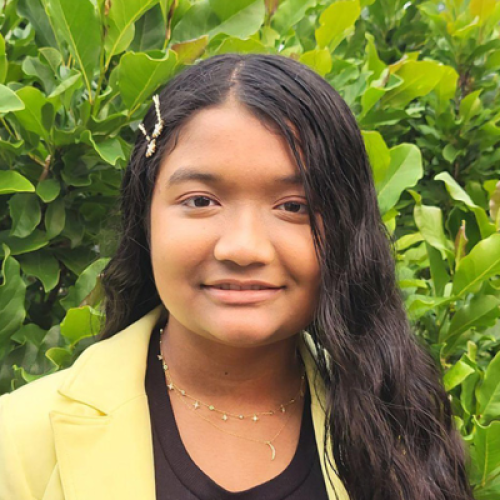

Josephine Maharaj is 15 years old and lives in Ottawa Ontario. One of her biggest passions is youth mental health. Josephine believes in the importance of having healthy coping strategies from a young age to foster development into healthy adults. Programs like Young Canadians Parliament (YCP) help amplify the voices of young people for concerns pertaining to things such as mental wellbeing through advocacy. Youth involvement is important in the creation of programs, as this will maximize visibility into areas overlooked by general programs available today. Enabling open access to doctors, treatment as well as family counselling/early intervention. Mental health is a key function in overall health and well-being. YCP continues to be a hub where young people openly collaborate in creating the ideas for change they want to see.
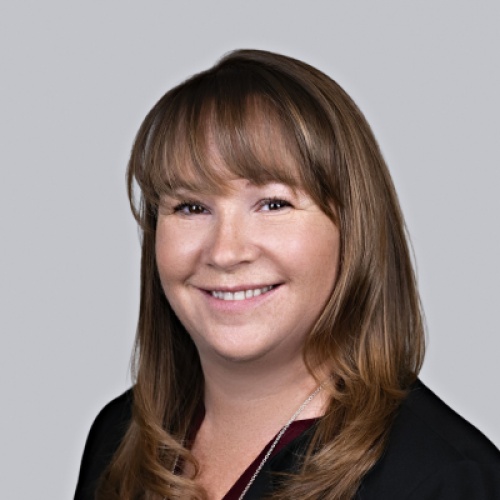

Polliann Maher is the Lived Expertise Lead, Families with the Atlas Institute for Veterans and Families. She is the spouse of a Veteran with PTSD and brings more than 20 years of lived experience navigating the mental health system to her role. She has a background in community service work. Polliann spent slightly more than 10 years as a Family Peer Support Coordinator with the Operational Stress Injury Social Support (OSISS) program in southwestern Ontario. This experience allowed her to utilize her own lived experience and her understanding and knowledge of mental health to help peers navigate the systems that can be so overwhelming to many Family members. Polliann is passionate about educating the Veteran community and sharing her knowledge of the resources that are available to them. She is a strong advocate around changes that encompass the Family, which are many times forgotten or an afterthought.


Raffela (she/they) is a mental health activist, content creator, and entrepreneur who is passionate about using her lived experience with neurodivergence and mental illness to help others. She is based in Edmonton, Alberta but loves to travel as much as possible.
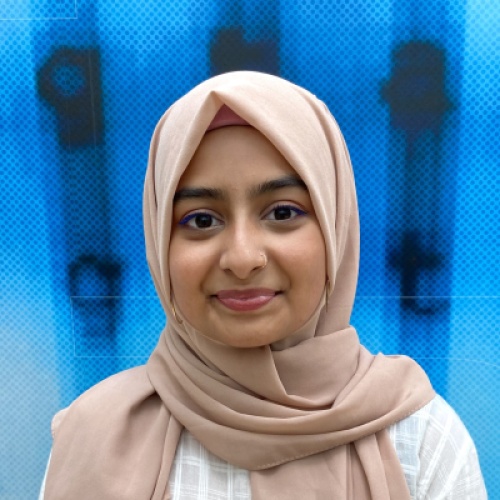

Samarah is a passionate mental health advocate. Aside from studying biochemistry at McMaster University, she is also a Network Representative at Jack.org, Youth Advisor with CHEO’s Knowledge Institute, and a member of the CAMH’s national youth action council. In these roles she provides youth insights and is a platform to voice lived experiences from intersecting marginalized communities. A fun fact about her is that she likes to sew, especially skirts and dresses. She is excited to be one of your moderators for Frayme’s 2024 LI and looks forward to meeting everyone!
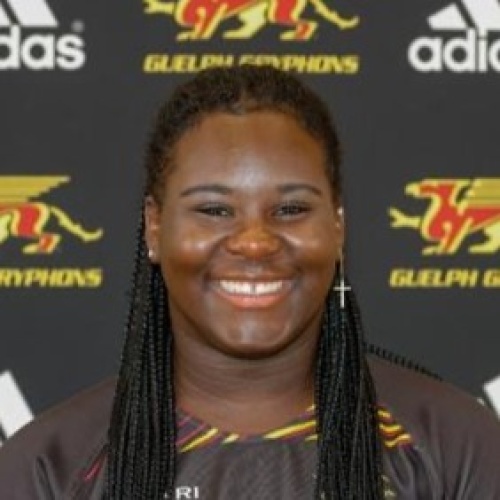

Brianna Martey is currently the Equity, Diversity, Inclusion and Indigenous Reconciliation and Outreach Coordinator with The Grove Youth Wellness Hubs Ontario. Brianna is currently in pursuit of her bachelor's in psychology at the University of Guelph.
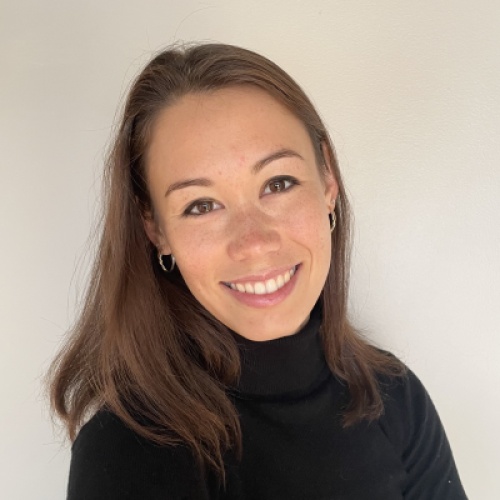

Kathryn is an implementation consultant at the Knowledge Institute on Child and Youth Mental Health and Addictions, and has a background in public health. She brings an interest in building systems improvements across the mental health sector.
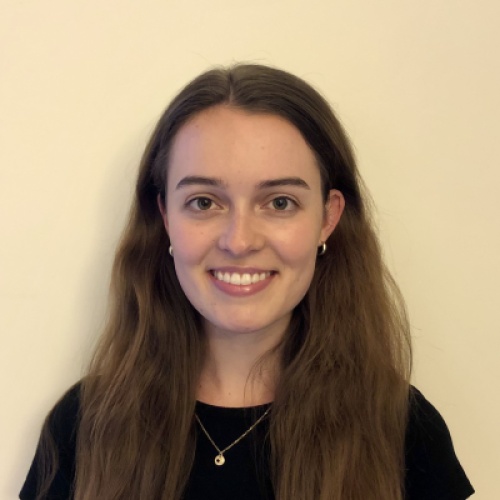

Kirsten recently completed a Master of Science in Public Health with a focus on perinatal mental health. She has over three years of experience in the youth mental health field. Prior to joining Foundry, Kirsten worked as a Youth Outreach Worker with young people ages 10-24. Her current role supports the Lift/Futur en tête and Foundry Work & Education projects. Outside of work, Kirsten loves to attend yoga classes, hike and bake!
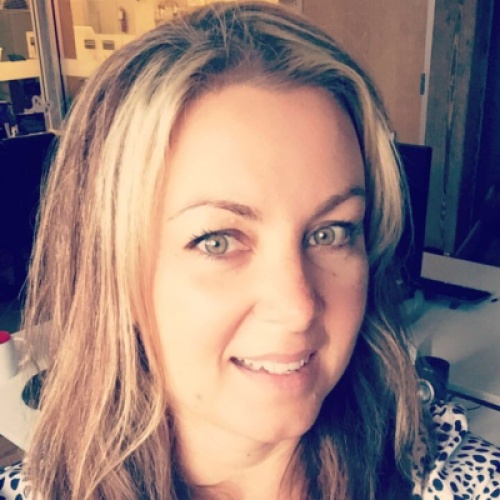

Heather Miko-Kelly (she/her) is the Director of the mindyourmind program. Heather has been with mindyourmind since 2006 and is inspired and energized by the process of combining youth insight, health promotion and technology together. When she's not trying to change the system, she loves to be outdoors, in the forest or at the lake.


Dr. Elnaz Moghimi is a Research Scientist at Waypoint Research Institute and an adjunct assistant professor at Queen's University. A health scientist by training, Elnaz holds a PhD in Kinesiology and Health Science. Her graduate work focused on compulsive overeating, eHealth interventions, and the treatment experiences of women with binge eating disorder. Elnaz's current research focuses on using patient and community voices to improve and innovate mental health care/services and make them more accessible to a broader population.
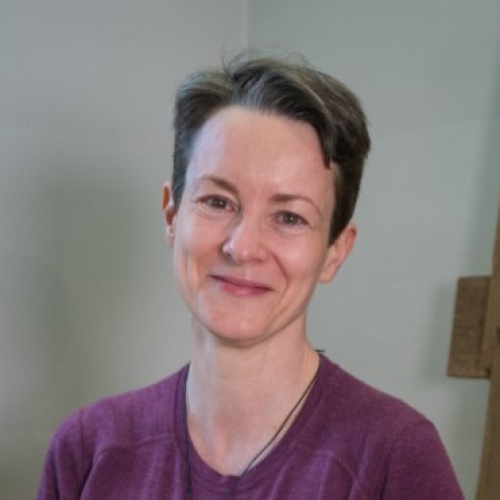

Monique values her yoga practice as an ongoing journey of becoming more self-aware and lighthearted. Over 25 years of practice, she has come to deeply appreciate the choices she has to live with integrity, to be of service in society, and to live as part of, and not separate from, Nature. As a yoga teacher, Monique offers a space to pause, digest, and integrate. Feeling our body experience is prioritised over thinking about our body experience.


Claire Niehaus is a Scientific Associate with the Palix Foundation. She is a graduate from the University of Lethbridge having received her MSc in Behavioral Neuroscience under the supervision of Dr. Robbin Gibb. An active member of her community, she volunteers with Let’s Talk Science and Building Brains Together, and serves as a Director on the board of Big Brothers Big Sisters of Lethbridge and District. Claire joined the Palix Foundation in the summer of 2022 and is passionate about applying her skills and knowledge to build resilience within her community.
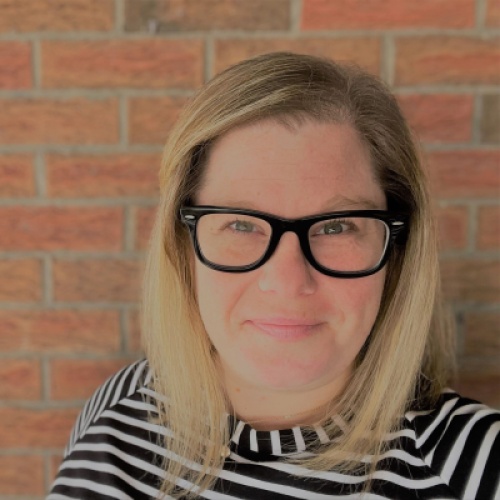

Renée has worked in health promotion and community-based mental health for over 20 years. She is currently an Implementation Consultant with the Knowledge Institute on Child and Youth Mental Health and Addictions and supports change efforts in the delivery of services and system planning.
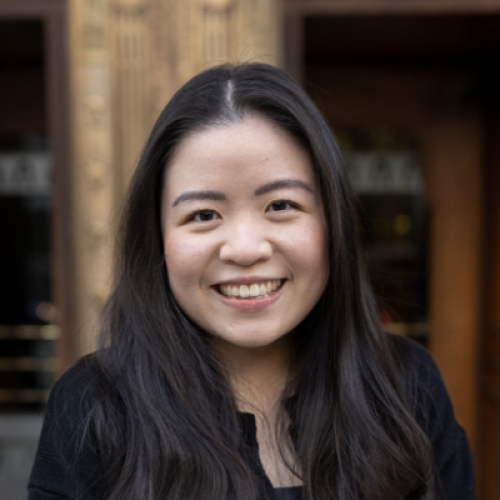

Anna-Joy brings 5 years of experience in health research and is particularly interested in qualitative work. After completing a Master of Public Health (MPH), she shifted her focus from global maternal and infant health to youth mental health in Canada. She is excited to actively engage youth in research projects that amplify their voices and advocate for their needs. Currently, her work focuses on implementing a program that supports youth with mental health challenges in their pursuit of competitive education and employment opportunities. Outside the office, her favourite activities include cooking for friends and family, travelling, finding new coffee shops, and spending time outside with her dog!
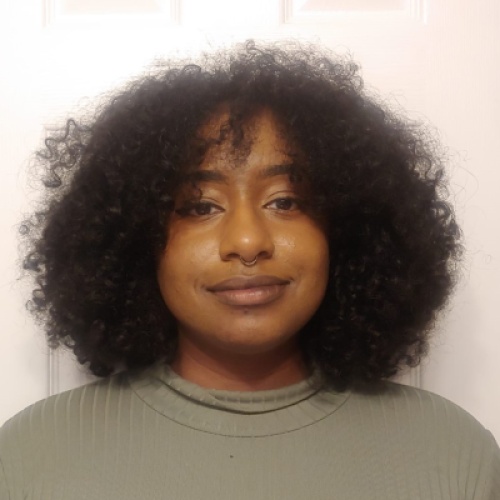

Sam Osman has been a Community Support Worker (with Peer Speciality) at LOFT Community Services since 2021 but has worked with young people for over 10 years. Sam has a diversity of experiences in youth-orientated spaces such as Alternative Schools at Toronto District School Board, youth shelters, local community centers, youth co-op housing, and mental health services. She is passionate about positively impacting programs and helping participants by providing expert support living with homelessness and mental health barriers. Currently, Sam works on community-based research projects at Centre for Addiction and Mental Health including supporting by-youth for-youth resources like Housing Outreach Project-Collaborative (HOP-C), a CIHR-funded multi-organization collaboration focused on improving services to young people who have experienced homelessness.
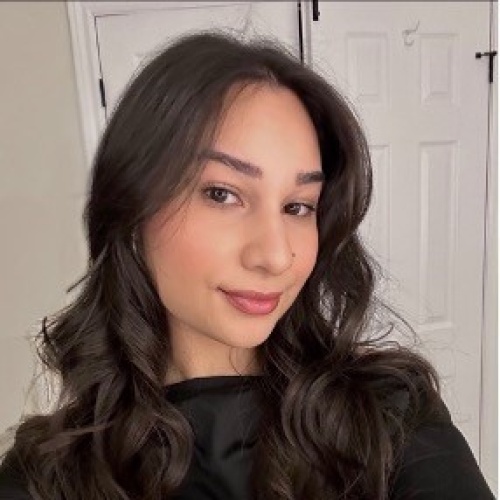

Emily Panzarella completed her Bachelor of Arts with Honours in Psychology at York University and currently works as a Research Analyst at the Centre for Addiction and Mental Health. Within her role, Emily supports an early psychosis intervention study and works closely with youth and family members with lived experiences as equal research partners. Prior to CAMH, Emily worked as a research assistant in a few youth-focused clinical laboratories, as well as volunteered with Distress Centres of Greater Toronto and the Canadian Suicide Prevention Service as a crisis line responder.
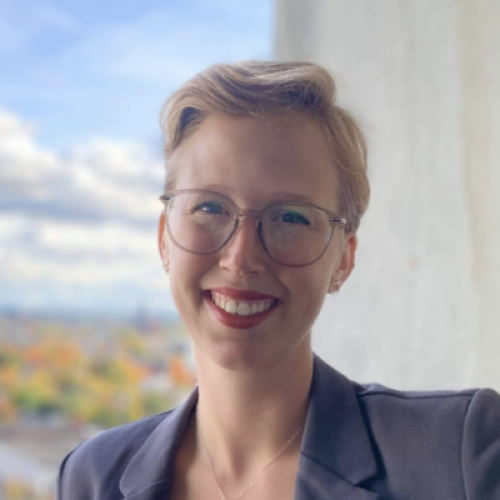

Julia Parrott is a psychotherapist working in PEI as a youth trauma therapist. She did her undergraduate degree in Psychology and Economics, then went on to complete her master’s in Counselling and Spirituality. Julia has completed research in fear of cancer recurrence, intolerance of uncertainty, and knowledge mobilization and has worked in addictions, health psychology, and trauma fields. Julia also loves talking about her cat Betty, and will shamelessly bring up any recent gardening wins, or adventures outside.
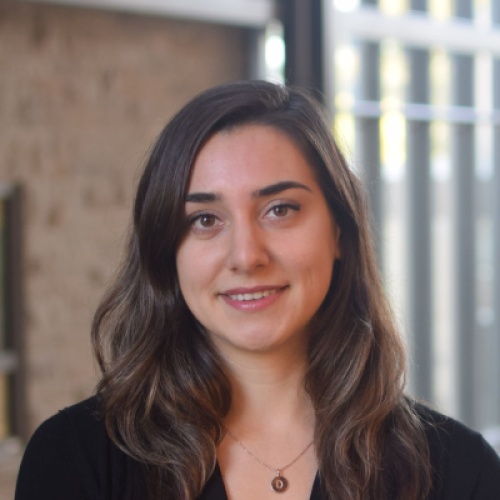

Danielle has more than five years of experience in youth mental health and addictions programming and research, with a focus on eating disorder prevention, early intervention and treatment. In her current role as a health promotion specialist at Wellington-Dufferin-Guelph Public Health, Danielle regularly collaborates with community partners to implement and evaluate programs in the field of mental health promotion. Danielle is eager to continue advancing the knowledge base in this field to better support those with mental health and addiction struggles.
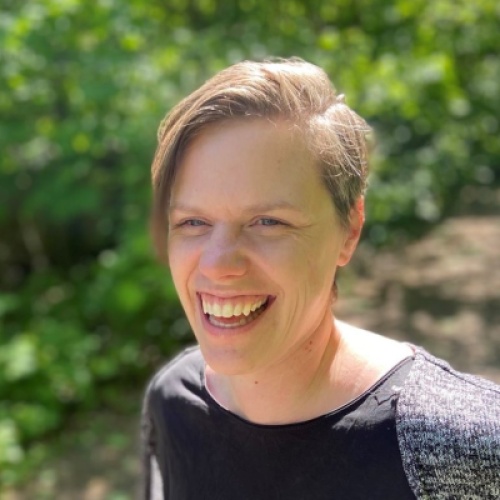

Keely Phillips, MSW RSW is a dynamic and equity-focused leader with 15 years of experience creating mental health and addictions systems change by amplifying voices of lived experience and leading support programs. Inspired by her own experiences navigating mental health services and recovery, Keely works with people and organizations focused on transforming services and systems. Keely is a skilled change agent, facilitator, and project manager. Keely is the Body Peace Canada Project Manager.
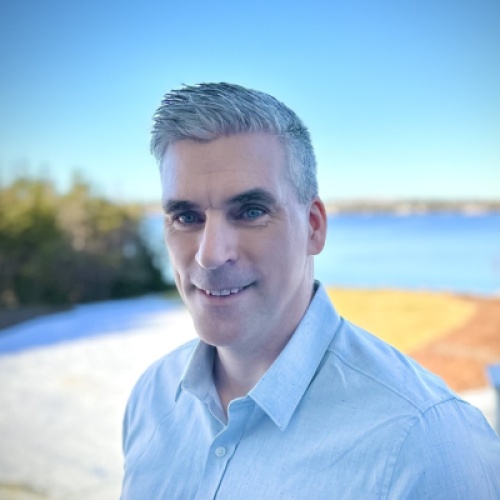

Matthew studied at Memorial University and received a Bachelor of Physical Education. Following this Matthew completed a Master of Divinity with a concentration in Counselling from the Atlantic School of Theology. Passionate about community and helping others, Matthew has been employed as the CEO of the Canadian Cancer Society in Newfoundland and Labrador and currently works as the Director of Integrated Youth Services at Choices For Youth
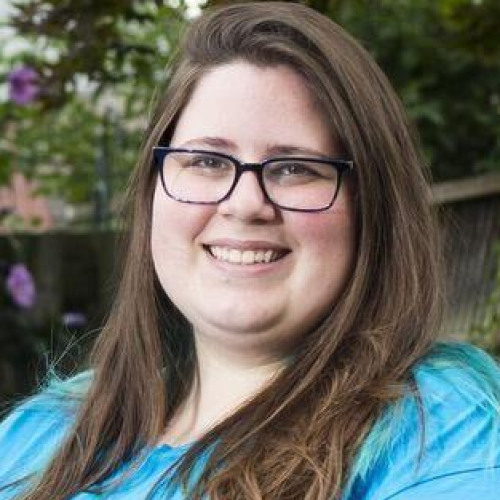

Alicia Pinelli (they/them), MSW, RSW, RSSW is the Young Caregiver and Family Counsellor and Clinical Lead with Young Caregivers Association. They have been involved in the field of social services as long as they can remember, first as a service user and currently as both a researcher and service provider. Over the past 10 years, Alicia has dedicated their professional and academic career to expanding the idea of what social services can look like, incorporating unique methods into practice, and remove some of the traditional expectations of therapy. Their professional and academic work has focused on the experience of young caregivers, children's mental health and intersectionality within the mental health field and gender identity. Alicia holds a Masters of Social Work, Honours Bachelor of Social Work and a Graduate Certificate in Psychosocial Rehabilitation.
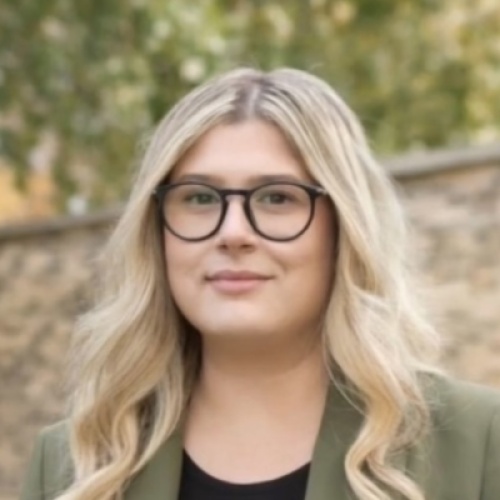

Alexia Polillo is a Project Scientist at the Centre for Addiction and Mental Health. She is a mixed-methods researcher with expertise in program evaluation, patient and family engagement, and participatory methods. Her current research aims to improve access to, engagement in, and the quality of early psychosis intervention (EPI) services and engage youth and family members with lived experience in EPI evaluation.
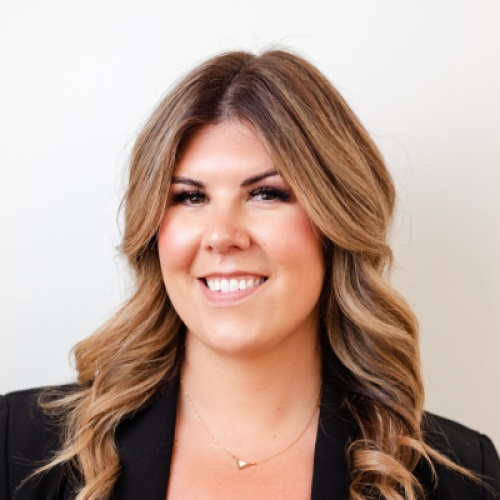

Jerris Popik MSW, RSW, is a registered social worker, co-founder of Shoulder to Shoulder and director of the National Warrior Kids Programs offered through Wounded Warriors Canada, available to children and youth from military and first responder families impacted by a parental psychological injury. Ms. Popik have spent over a decade creating space to offer meaningful mental health services for Veteran and first responder youth. She believes in critically examining what the research has offered for new knowledge on this population and translating this into evidence-informed practice. She also runs a mental health program called Heads Up designed to helped reduce mental health stigma for all youth using play-based strategies and meaningful engagement with young people. She received an applied psychology degree from Concordia University and a Master’s Degree in clinical social work from the University of Calgary.
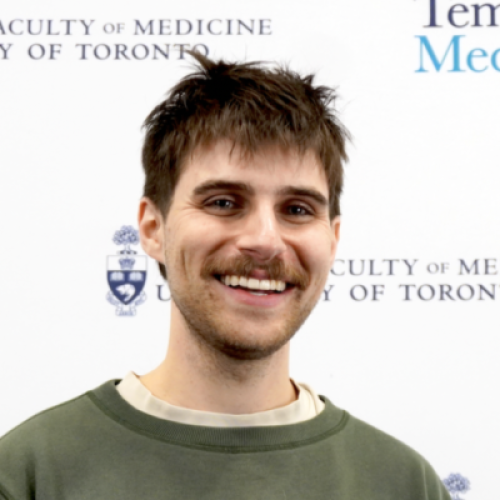

Matt (he/him) is an artist, designer, and researcher who is passionate about bridging knowledge gaps in the youth mental health and substance use sphere and beyond. Matt wears a few different hats, as a Youth Engagement Specialist at the Centre for Addiction and Mental Health and a Research Engagement Coordinator at SickKids, as well as being a graduate student at the University of Toronto. Matt hopes to help build interdisciplinary teams that welcome different and unique forms of knowledge, including lived/living expertise. He works at the intersection of art and research to bridge knowledge gaps in youth mental health and ensure accessible and quality practices for youth and community engagement. Outside of work, you'll find Matt working on a new art project while watching reruns of Seinfeld.
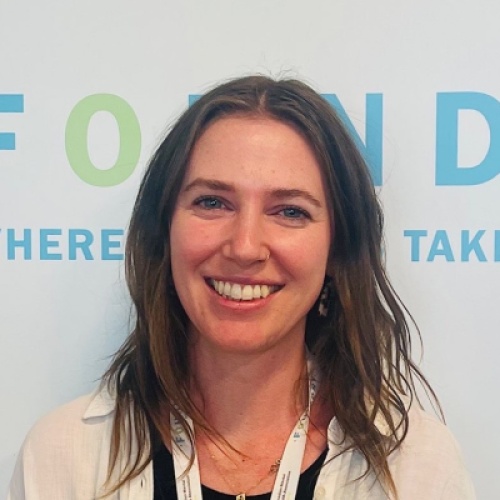

Jenna Pybus (she/her) holds a Masters of Social Work and is a Registered Social Worker. She has been working in Youth Mental Health and Substance Use for 10 years. Jenna has worked directly in clinical services as well as in program oversite/development and currently works for the Foundry Central Office as a Manager, Service Implementation and Integration. Jenna is passionate about working with youth transitioning to young adulthood and providing low-barrier accessible services. She cares about social justice, dismantling the patriarchy and meeting your dog. She enjoys a good book and even better coffee. She is grateful to live, work, and play on traditional, ancestral, and unceded lands of the Okanagan Syilx People in Kelowna, BC
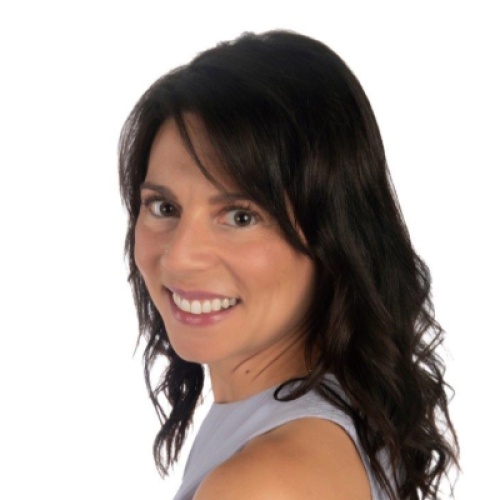

Ashley Radomski (she/her) is a Research Associate at the CHEO Research Institute and Knowledge Institute on Child and Youth Mental Health and Addictions in Ontario. She brings more than 15 years of dedicated experience in mental health research to projects that span the province and country. Ashley is committed to generating accessible, high-quality evidence to enhance the care journey of service users. Embracing a person-centered approach, she collaborates with individuals with lived experiences, service providers, and communities to co-design impactful solutions or resources that reflect their unique needs and preferences. Ashley also enjoys building relationships in other aspects of her life through volunteering, travel, and mentorship activities.
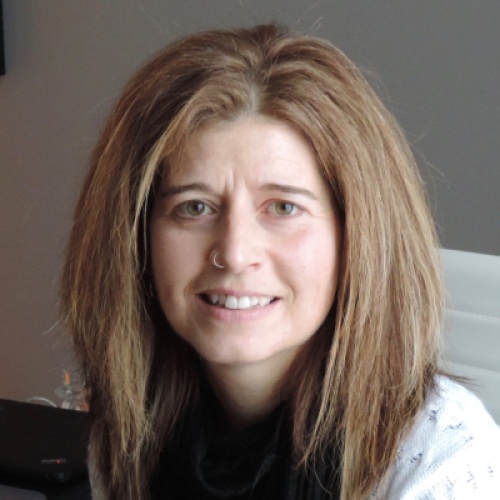

Patti Ranahan is an Associate Professor and Graduate Program Director of the Graduate Diploma in Youth Work at Concordia University. She has over two decades of practice experience working as a child and youth care professional in a variety of settings including residential care, crisis shelters, school-based practice, mental health outpatient services, and community-based foster parent support. Her program of research focuses on education as intervention, including suicide prevention education, development and application of mental health literacy, youth work pedagogy, enhancing security in parent-youth relationships, and foster parent education. Presently, she is working on paternal caregiver engagement with Dr. Marlene Moretti and colleagues at Simon Fraser University during the Canada-wide implementation of Connect - an attachment and trauma-informed parenting intervention - funded by the Public Health Agency of Canada.
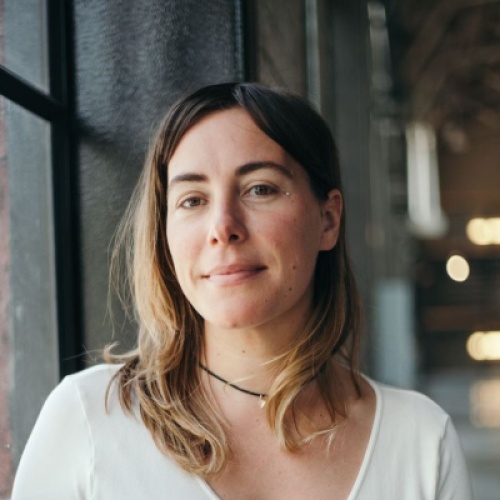

Krista focuses on helping individuals connect more deeply to your heart through the power of your breath. She is a lifelong student and certified teacher and facilitator of Breathwork, an active self-healing technique that has changed her life. She has been using Breathwork to deepen the relationship with her emotional body and spirit for over five years. She is in love with this work because it allows you to step into your healing potential through the power of your breath.
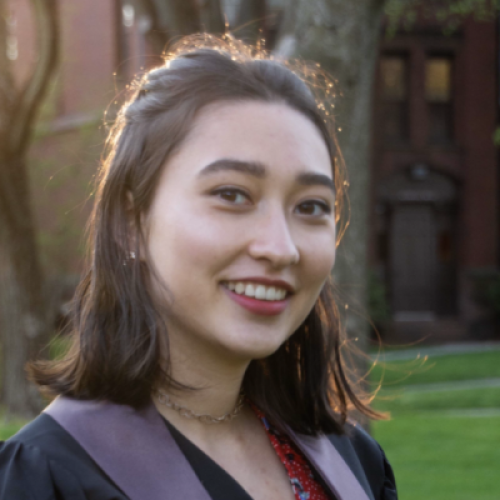

I am a 2nd year MD student at the University of Toronto’s Temerty Faculty of Medicine. I also hold an MPH in Epidemiology with a specialization in Women & Gender Studies from the University of Toronto, and a B.A. in Ethnic Studies and Biology from Brown University. My primary areas of interest include: Sexual & Reproductive health, Social epidemiology, and Maternal & Child Health.
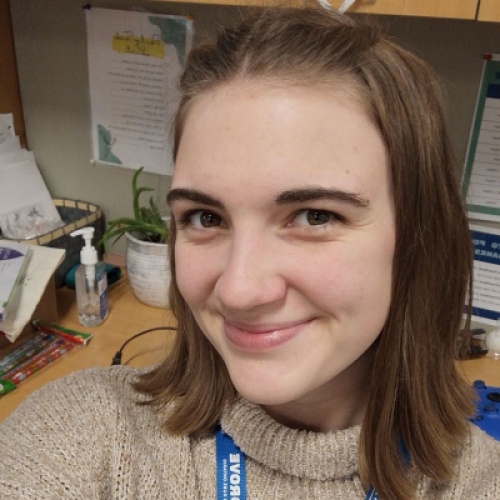

Emma is one of the Youth Ambassadors at the Grove's Palmerston site. Her job consists of connecting with youth as they access the space for drop-in and programming.
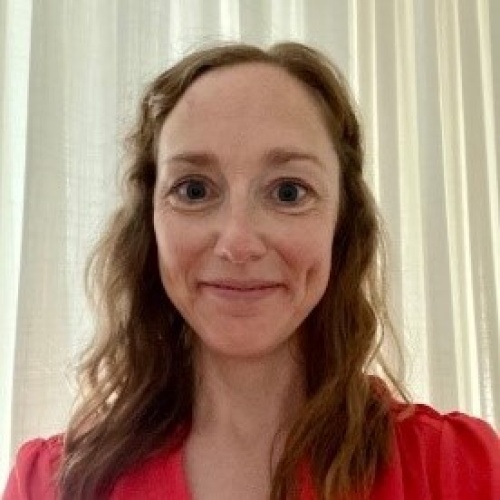

Maureen Ringlein (she/her) has worked in the field of children/youth mental health for 15 years, and is currently the Manager of Child, Youth & Young Adult Mental Health Services at Yorktown Family Services (YFS). Since the inception of the Growing With Grief program at YFS, Maureen has been proud to support the incredible initiatives put forth by the Youth Advisory Council members and to work alongside them to improve the services offered for child, youth and families impacted by grief.
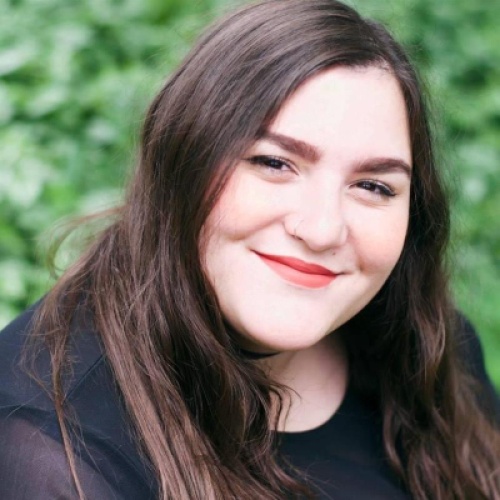

Michelle is the Social Media & Digital Content Officer at Foundry BC. She was born and raised on the traditional, ancestral, unceded territory of the Okanagan (Syilx) People. She started her instagram/blog "BodyPosiPower" back in 2016. Since then, she's been featured in outlets such as the TODAY Show, Yahoo, The New York Post, and more. Michelle is driven by her own lived experience, passion, and commitment to de-stigmatizing mental health. This is reflected throughout her advocacy work and dedication to creating safer spaces for young people, both online and off.
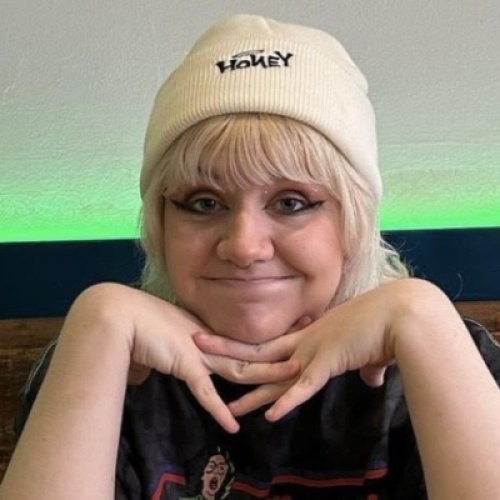

Sarah Ryerson (she/they) joined the Youth Advisory Council at Yorktown Family Services in 2021. She is presently pursuing a Bachelor’s degree in Neuroscience at Bishop’s University. Sarah was introduced to this field at the age of 11 after the death of her father due to brain cancer in 2015. These events which transpired in her youth have impacted Sarah’s aspirations to help others through their own grief journeys and to become a better advocate for grief education in the wider world, while also dispelling commonly held myths about the nature of grief.
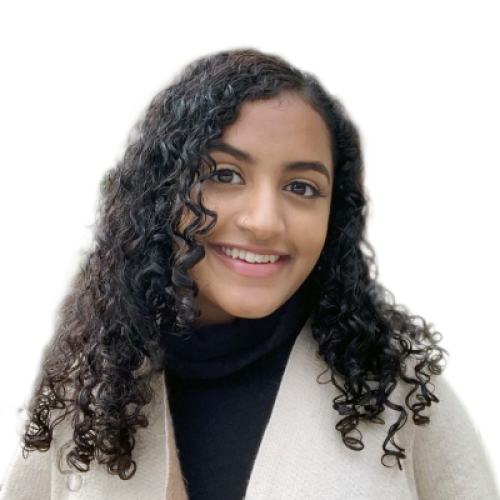

Shreya Sivaloganathan (she/her) is the Youth Advisor at the Knowledge Institute on Child and Youth Mental Health and Addictions. As a passionate youth mental health advocate, Shreya knows first-hand how important is to center youth voices in decision-making processes that affect young people themselves. As the Youth Advisor at the Knowledge Institute, Shreya works closely with the Youth Advisory Council to include, support, and uplift youth voices within research projects while promoting meaningful and sustainable youth engagement through the lens of the Quality Standards for Youth and Family Engagement. With over 10+ years of experience coordinating, working, and participating in youth mental health advocacy, in combination with her experiences navigating the Ontario child and youth mental health and addictions system as an immigrant woman of colour, Shreya hopes to share her personal experiences to inspire system-level change across the CYMHA sector.
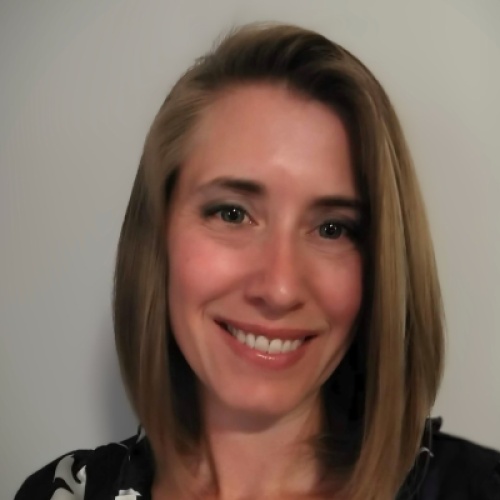

Kristina Smith is a Nursing Project Officer at Ottawa Public Health. Kristina works with the Community Health and Wellness Branch. She has over 10 years’ experience with Ottawa Public Health and her focus during that time has been on mental health and wellness. Initially Kristina focused on workplace mental health where she consulted and trained different workplace intermediaries to ensure psychologically healthy and safe workplaces in Ottawa. She has since expanded her role and focus to include suicide prevention, fostering resiliency in the community, promoting mental health and substance use health, and preventing harms that can occur from substance use. Most recently Kristina has been leading the development of the Mental Health, Addictions, and Substance Use Health Community dashboard. This dashboard is a multi-year collaborative project which serves to bring evidence forward to inform health and system planning and ultimately lead to action in the community.
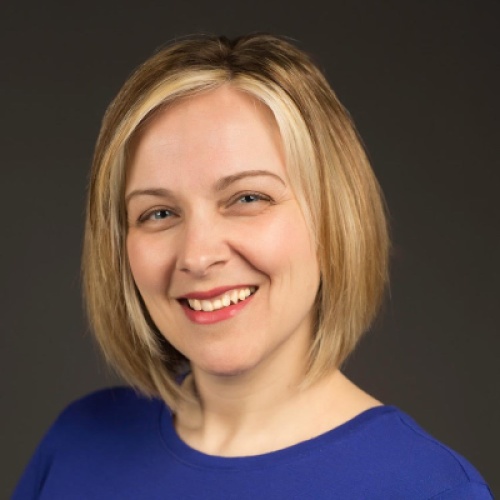

For over 20 years, and in various settings, Sylvie's work has included supporting those struggling with problem gambling, gaming, overuse of technology, over-shopping substance use, mental health challenges and their supportive loved ones. As a Therapist, Addiction and Mental Health in an outpatient community program, she provides individual and group counselling and has presented numerous education sessions to various clients, other health professionals and community partners. With a specific interest and expertise in adult learning, she has facilitated the development of programs and sessions concerning various supportive issues.
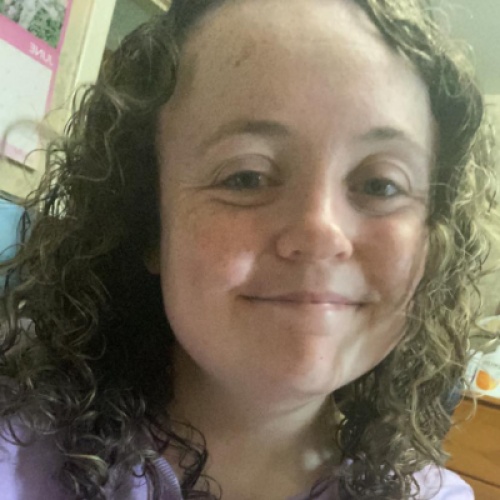

Stacie (she/her) completed an undergraduate degree in Kinesiology from Dalhousie University in 2020 and a professional degree in Education from the University of New Brunswick in 2022. She is pursuing her Master's in Arts in Education at Mount Saint Vincent University.
Recently, she was a Co-Chair of the Youth Advisory Council of the Youth Mental Health and Suicide Prevention Services Review conducted by the NB Child and Youth Advocate’s office. She is also the founder of the Mental Health Student Support Network, a Groundbreaker with Frayme, a co-lead of the Mental Health International Youth Advisory Committee (G1G), and Co-Executive Director of the Young Canadians Roundtable on Health. She currently works as the Youth Programs Lead at the YWCA Halifax.
She is passionate about school food, food insecurity, youth mental health, and youth engagement.


Andrea Stellmach has been a public health nurse with Ottawa Public Health for the past 18 years. During her career, she has been involved in youth engagement against the tobacco industry and working with the school health team in local schools. Currently, she is a part of the Mental Health Team, and her portfolio focuses on working with community organizations that support youth. She is currently co-leading a pilot program that introduces Youth Connections Ottawa (YCO) to equity deserving groups in the diverse communities of Ottawa. YCO is a peer-to-peer program that aims to promote positive mental health and substance use health among Ottawa youth by providing support for them to learn about mental health and substance use health, and then develop events and initiatives for their peers.
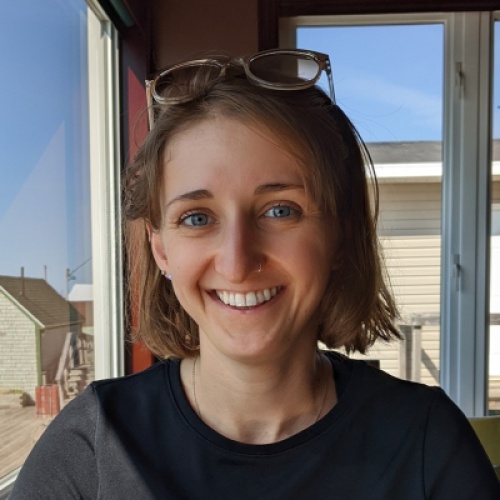

Jill Stringer (she/her) is a Public Health PhD Candidate researching mental health promotion. She holds a master’s degree in Public Health with experience working and volunteering in the public health sector and with national non-profits like the Mood Disorders Society of Canada, the Young Canadians Roundtable on Health, and Jack.org. She is a board member of Mental Health International, mental health advisor to the Canadian Youth Delegate to the WHA and PAHO-DC, and has collaborated on mental health projects with The Canadian Institutes of Health Research, The Centre for Innovation in Campus Mental Health, and the Hamilton Family Health Team. As a self-proclaimed life-long learner, Jill is driven to advocate for positive health system change that acknowledges and integrates lived expertise and other diverse forms of knowledge. She is passionate about multidimensional health promotion through an understanding of programs, processes, and policies at the intersection of psychological, physical, and social wellbeing. When she’s not working or studying, Jill enjoys baking, weightlifting, and swimming with friends.
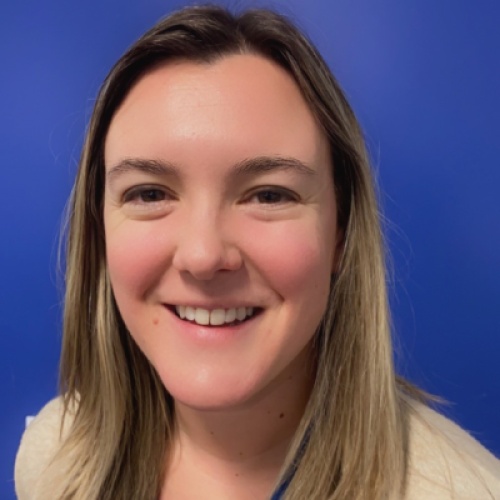

Melanie works as the Youth Outreach Worker at The Grove's Palmerston site. Melanie works hard to connect with youth and build rapport in intentional and meaningful ways. She excels at her job as she helps youth navigate a complex system.
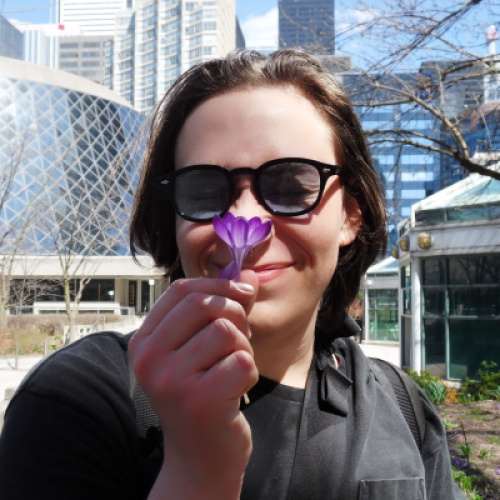

My name is Hunter (they/them) and I am super excited to be joining the team at Get Sensible. My professional experience ranges from harm reduction to beekeeping and I have been involved in several grassroots harm reduction efforts. I am passionate about the intersections of disability and substance use, as well as the vital importance of drug user-led organizing. Outside of work, I’m a huge nerd about plants, gardening, fashion, and invertebrates.
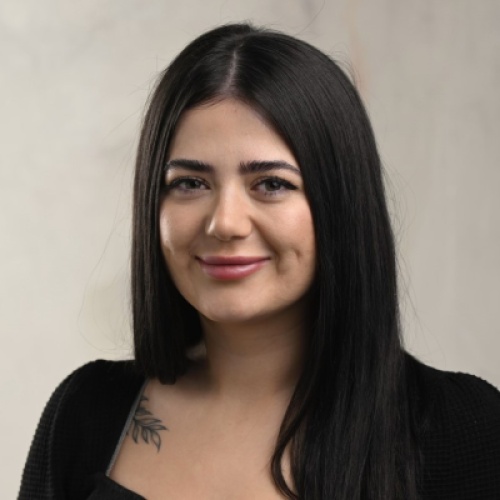

Tacia Tsimaras is a counseling therapist with a particular interest in anti-oppressive, trauma-informed approaches to care that are rooted in intersectionality, compassion, and research. Using her lived experience with parental and familial substance use challenges, she joined FASC as a peer and mental health lead. She is passionate about fostering communities that uphold intergenerational healing and aims to break down the structural barriers that limit families from accessing support that is free from stigma and harm.
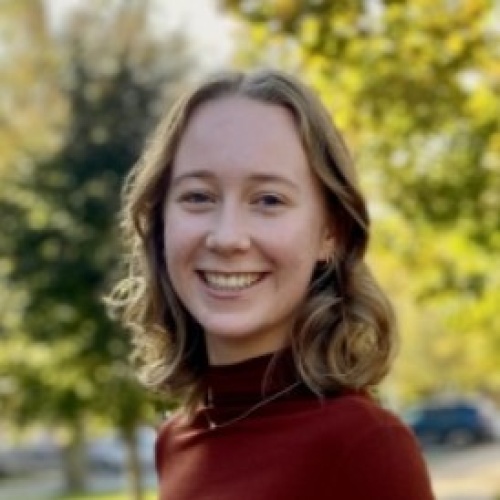

Kate is a multi-passionate KMb Fellow and health advocate from Canada's Atlantic coast. Driven by her lived experience and community connections, Kate brings an intersectional and human-centered approach to everything she does. She is a graduate student in Applied Health Services Research, and is interested in health system reform, patient self-advocacy, and health literacy. Specifically, she explores patient perceptions of navigating primary care services without a consistent care provider, with particular consideration for socioeconomic and rural status. She is passionate about youth mental health and gender equity and loves learning with and from others. Currently, Kate is a research assistant supporting a capacity-building initiative for palliative programming in long term care and has also worked with various groups, including university housing, autism youth services, and an Indigenous Friendship center, to support diverse community development and user-centric projects. For fun, Kate enjoys being active outdoors, sharing food with friends, and making a mess with never-ending DIY projects.
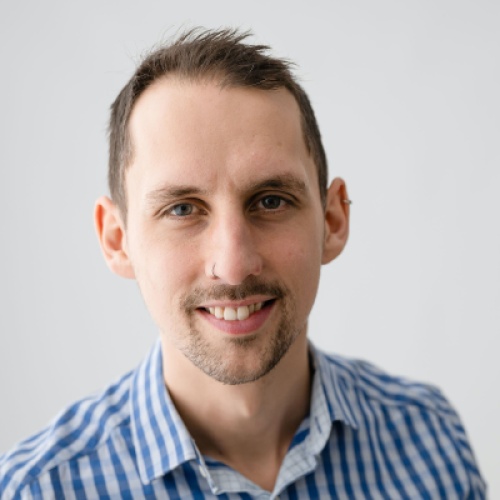

Dr. Aaron Turpin is a Research Methods Specialist at Youth Wellness Hubs Ontario (YWHO) and nonprofit management educator. He has over 15 years of experience working in and supporting nonprofit human service organizations.
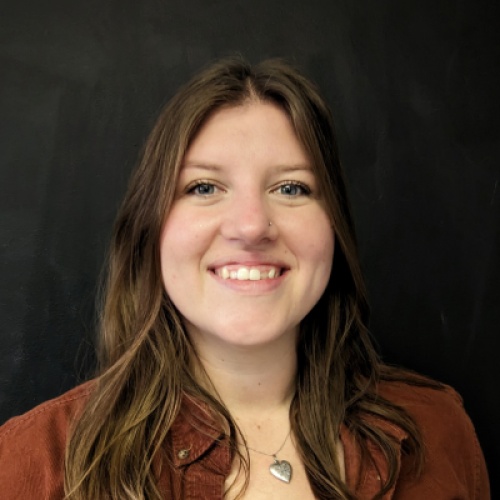

Jill joined mindyourmind as Program Coordinator in 2023. She graduated from the University of Guelph Psychology and has worked in the youth mental health sector in community and residential services. Jill is passionate about giving youth a place to be heard and helping them feel empowered in who they are. In free time, Jill is often looking for the perfect place to hang her hammock.
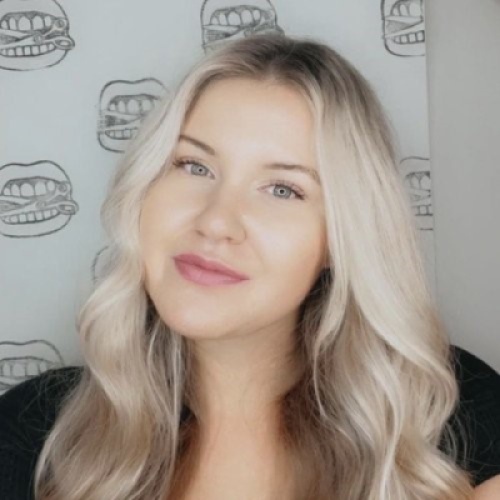

Making real change for youth in need is important work for me because I was once a youth who struggled myself. Helping others is a part of my daily life working one on one with those who struggle with addiction, mental health, and homelessness. I started public speaking in the addiction recovery community when I was 23, hoping that my story would help inspire others to seek support. As someone who once had to reach out for housing and mental health resources as a youth, I got to see first-hand where the resources were lacking. This is what drives my passion in making real change where change is desperately needed, and supporting youth in accessing resources as well as an understanding support network.
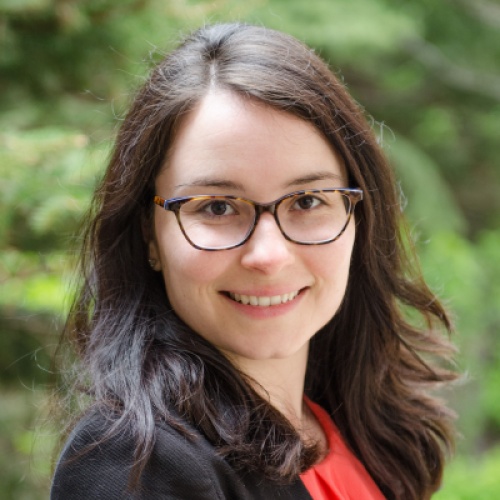

Katherine is a Project Manager with over 12 years of experiences in the health and mental health sectors. She has worked on initiatives supporting individuals with complex care needs and their health service providers using coordinated care plans. She currently works at the Canadian Mental Health Association where she implements projects and programs at the national level.
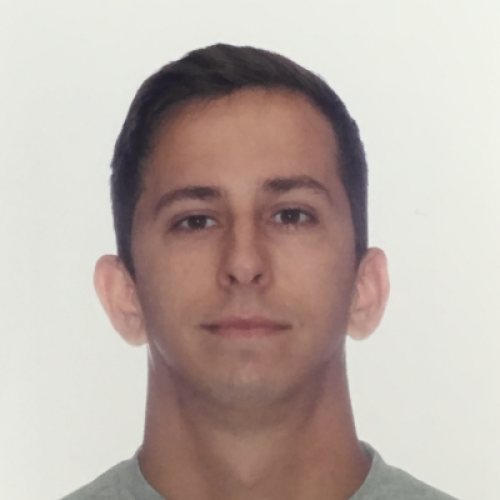

Matthew Wenger is a Services Implementation Leader for Foundry. He has held various clinical and regional leadership roles in mental health and substance use services in British Columbia and is a clinical faculty member with the Department of Occupational Therapy and Occupational Science at the University of British Columbia.
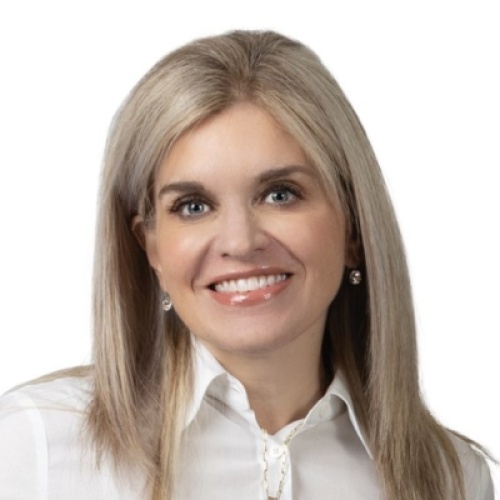

Kim Willis is the Director of Communications and Mental Health Promotion at the Canadian Mental Health Association, Windsor-Essex County Branch.
She has over 20 years of fundraising and communications experience primarily in the education and healthcare sectors. In her current role, Kim is responsible for fundraising, communications, mental health promotion and the Youth Wellness Hub. Working with her team, they launched the Sole Focus Project campaign in 2017 to be proactive in making Windsor-Essex a mentally healthier community.
Kim has her Masters of Arts in Journalism from Western University and also has her CFRE fundraising designation. She has served on the Boards of AFP, CAGP, the AFP Canadian Foundation, Brain Injury Association and the Teen Health Centre.
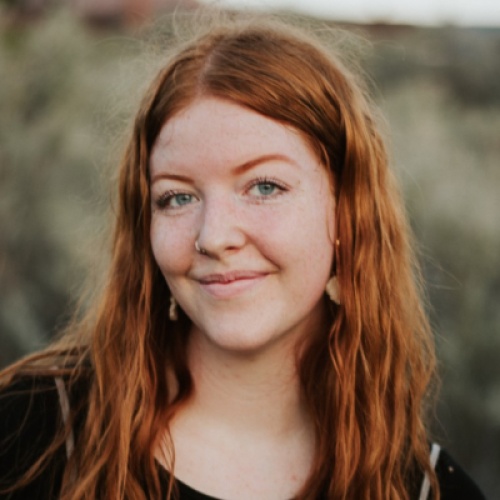

Sarah Wood is a youth peer engagement coordinator at FoundryBC. She is passionate about youth advocacy, and community development, and has been in the youth services field since she was 16 with no intentions of slowing down the movement. Growing up on Sylix Territory in the Okanagan, Sarah loves spending time in the outdoors and exploring all BC has to offer.
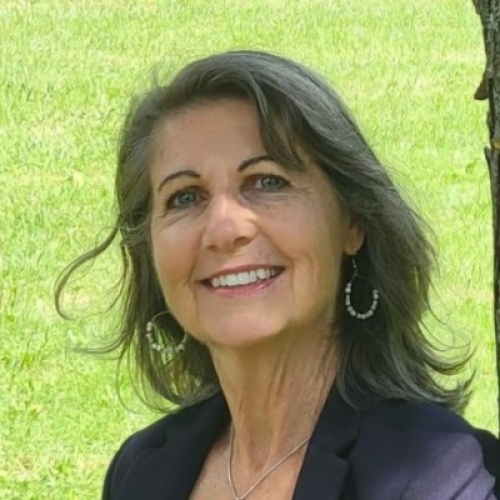

Una Wright, Founder, YouthSpeak Charity shares her personal story with challenges related to mental health within her family and the researched-backed coping tools she uses which have enabled her to maintain a strong spirit, positive mental health and overall well-being through very difficult life circumstances.
Registration for #Frayme2024 will provide access to sessions, extracurriculars and networking/reception activities during the event.
The registration price is a flat rate regardless of whether you choose to attend the full event or just parts of it.
Registration is tied to a specific person and cannot be shared amongst individuals or within organizations.
Frayme is committed to ensuring that as many youth and caregivers as possible who are interested in attending but cannot afford the registration costs are supported through sponsorship. Frayme will review these on a case-by-case basis. If this includes you, please reach out to us.
*Note that not all live/in-person sessions will be recorded
Not sure if you’re part of the Frayme Network? Check this page to see if your organization is listed (psst, it’s easy to join if you aren’t - learn more about joining Frayme or if you are interested in becoming a Frayme Groundbreaker, learn more here.)
Frayme partner
(early bird: December 13, 2023- January 31st, 2024)
$350 + HST
Non-Frayme partner
(early bird: December 13, 2023- January 31st, 2024)
$400 + HST
Frayme partner
(regular: February 1st, 2024- February 22nd, 2024)
$400 + HST
Non-Frayme partner
(February 1st, 2024- February 22nd, 2024)
$430 + HST
Speaker/Facilitator discounted rate
$100 + HST
Groundbreaker
$20 + HST
GST/HST Registration #729061325
Please note that all times are in EST
To access the downloadable program please click below
8:00 - 9:00
REGISTRATION & BREAKFAST
Location: French Corridor & Ballroom
8:00 - 9:00
REGISTRATION & BREAKFAST
Location: French Corridor & Ballroom
9:00 - 10:30
Alisha Haseeb (She/Her), Frayme Groundbreaker
Matt Prebeg (He/Him), Frayme Groundbreaker & Student, University of Toronto
Alexa Bol, Director, Co-Design and Knowledge Exchange, Stepped Care Solutions
Soyeon Kim, Research Scientist, Waypoint Research Institute
Justin Langan (He/Him), O'KANATA
Elnaz Moghimi, Research Scientist, Waypoint Centre for Mental Health Care
Claire Niehaus (She/Her), Scientific Associate, Palix Foundation/Alberta Family Wellness Initiative
Location: Ballroom
9:00 - 9:45
Madeleine Cho (She/Her), Frayme Groundbreaker and Knowledge Mobilization Cohort 3 Fellow
Kylie Johnston (She/Her), Frayme Groundbreaker and Knowledge Mobilization Cohort 3 Fellow
Raffela Mancuso (She/They), Frayme Groundbreaker and Knowledge Mobilization Cohort 3 Fellow
Julia Parrott, Fellowship Peer Mentor
Kate Tucker, Frayme Groundbreaker and Knowledge Mobilization Cohort 3 Fellow
Location: Laurier Room
Zuha Butt (She/Her), The Grove Youth Wellness Hubs Ontario
Emma Riddolls, Youth Ambassador - The Grove Youth Wellness Hubs Ontario
Melanie Therrien (She/Her), Youth Outreach Worker - The Grove Youth Wellness Hubs Ontario
Location: Drawing Room
Shawn Fisk (He/Him), CAPSA
Location: Adam Room
9:45 - 10:30
Michelle Rogers (She/Her), Social Media & Digital Content Officer, Foundry BC
Sarah Wood (She/Her), Youth Peer Engagement Coordinator, Foundry BC
Location: Laurier Room
Julia Kaufmann (She/Her), Research Assistant/Graduate Student, Simon Fraser University
Location: Drawing Room
Kristina Smith (She/Her), Nursing Project Officer, Ottawa Public Health
Andrea Stellmach (She/Her), Public Health Nurse, Ottawa Public Health
Location: Adam Room
10:30 - 11:00
MORNING BREAK
Location: French Corridor
10:30 - 11:00
MORNING BREAK
Location: French Corridor
11:00 - 11:45
Victoria Carmichael (She/Her), Senior Knowledge Mobilization Specialist, Atlas Institute for Veterans and Families
Kayla Lamrock (She/Her), Advisory Group Member, MindKit Project
Polliann Maher (She/Her), Lived Expertise Lead - Families, Atlas Institute for Veterans and Families
Location: Laurier Room
Raissa Amany (She/Her), Research Student
Dr. Samantha Gualtieri (She/Her), Research Manager, Our Kids' Health at St. Michael’s Hospital, Unity Health Toronto
Location: Drawing Room
Augustina Ampofo (She/Her), Youth Advisory Lead / Youth Engagement Specialist, Centre for Addiction and Mental Health
Lillian Duda (She/Her), Family Advisory Lead on the EPI-SET Project, Centre for Addiction and Mental Health
Emily Panzarella (She/Her), Research Analyst, Centre for Addiction and Mental Health
Alexia Polillo, PhD (She/Her), Project Scientist, Centre for Addiction and Mental Health
Location: Adam Room
11:00 - 11:45
Milana Kljajic (She/Her), Communications & Digital Engagement Specialist, Foundry BC
Michelle Rogers (She/Her), Social Media & Digital Content Officer, Foundry BC
Location: Laurier Room
Dwight Ballantyne, Founder, The Ballantyne Project
Location: Drawing Room
Patti Ranahan (She/Her), Associate Professor, Concordia University
Location: Adam Room
Monique Newton, Prana Shanti Yoga Studios
Location: Renaissance Room
11:45 - 12:30
Agnes Chen (She/Her), Family Advocacy Support Centre (previously Starlings Community) Executive Director, Lived Expert
Maya Eboigbodin (She/Her), Family Advocacy Support Centre (previously Starlings Community)
Tacia Tsimaras (She/Her), Family Advocacy Support Centre (previously Starlings Community), Mental Health Lead, Peer with lived experience
Location: Laurier Room
Zachary Dickinson, Youth Council, York Region Youth Strategy
Kayla Vickery, Youth Council, York Region Youth Strategy
Location: Drawing Room
Kaelin Fleming, Policy Analyst, Foundry BC
Jenna Pybus, Manager, Service Implementation and Integration, Foundry BC
Location: Adam Room
Krista Reid
Location: Renaissance Room
11:45 - 12:30
Anna-Joy Ong (She/Her), Research Project Coordinator, Foundry
Matthew Wenger (He/Him), Implementation Leader, Foundry
Location: Laurier Room
Heather Miko-Kelly (She/Her), Director, mindyourmind
Jill Vanderlei (She/Her), Program Co-ordinator, mindyourmind
Location: Drawing Room
Una Wright (She/Her), YouthSpeak Charity
Location: Adam Room
12:30 - 13:30
LUNCH
Location: French Corridor & Ballroom
12:30 - 13:30
LUNCH
Location: French Corridor & Ballroom
13:30 - 14:15
Jeffrey Hoffman (He/Him), Executive Director, The Grove Youth Wellness Hubs Ontario - Wellington Guelph
Beth King (She/Her), Manager, Fund Development, CMHA Waterloo Wellington
Location: Laurier Room
Dr. Helena Hawryluk (She/Her), Director Warrior Kids Program, Wounded Warriors Canada
Jerris Popik (She/Her), Director Warrior Kids Program, Wounded Warriors Canada
Location: Drawing Room
Jaime Delaney, Peer Support and Navigation Coordinator, Eating Disorders NS and Body Peace Canada
Shaleen Jones (She/Her), Eating Disorders Nova Scotia
Andrea LaMarre, Research Associate, CHEO Research Institute
Keely Phillips, Manager, Body Peace Canada Project
Location: Adam Room
13:30 - 14:30
(11A-1) Our Rights, Our Health, Our Future: Insights from the Young Canadians' Parliament in youth mental health policies
Raissa Amany (She/Her), Youth Engagement Specialist. Children First Canada
Josephine Maharaj (She/Her), Youth Advisory Council Member, Children First Canada
(11A-2) Elevating Minds: Empowering youth mental wellness in the digital age
Zainab Amure (She/Her), Project Manager, Youth Wellness Hubs Ontario (YWHO), CAMH
Kim Willis (She/Her), Director, Communications & Mental Health Promotion, Canadian Mental Health Association, Windsor-Essex County Branch
(11A-3) The Importance of Youth Engagement: Breaking the barrier in the conversation
Fiona Cooligan (She/Her), Program Coordinator, CHEO Youthnet
Lilli Green (She/Her), Mental Health Planner, CHEO Youthnet
Location: Laurier Room
(11B-1) S.T.E.P Forward: Substance use treatment, education and prevention workshops for South Asian high school students
Avneet Dhillon (She/Her), Students Overcoming Substance Use Disorder & Addictions and Barbic Laboratories
(11B-2) Supporting Youth How They Want To Be Supported
Emma Riddolls, Youth Ambassador - The Grove Youth Wellness Hubs Ontario
Melanie Therrien (She/Her), Youth Outreach Worker - The Grove Youth Wellness Hubs Ontario
(11B-3) Students Supporting Students: Reflecting on the first year of implementation of the National Campus Peer Support Pilot Project
Katherine Warzecha, National Project Portfolio Manager, Programs & Services, Canadian Mental Health Association
Location: Drawing Room
(11C-1) Partnering Together for Integrated Person- and Family-Centric Care Across the Mental Wellness Care Continuum: Stepped Care 2.0 in the Northwest Territories
Danielle Impey, Manager, Mental Health Commission of Canada
Alexia Jaouich, Vice-President, Program Development and Implementation, Stepped Care Solutions
(11C-2) Reaching for the Margins (DBT Groups)
Rachna Chaudhary, Director of Program Operations, Stella's Place for Youth and Young Adult Mental Health
(11C-3) Carving a New Path Toward Upstream Prevention to Support Youth Mental Health and Substance Use Health
Amanda Bellefeuille (She/Her), Project Manager, University of Ottawa Institute of Mental Health Research
Tanya Halsall, Scientist, University of Ottawa Institute of Mental Health Research
Location: Adam Room
14:15 - 15:00
Kirsten McCulloch (She/Her), Research Assistant, Foundry
Anna-Joy Ong (She/Her), Research Project Coordinator, Foundry
Location: Laurier Room
Marg Cox (She/Her), Point in Time Centre for Children, Youth and Parents
Alex Humphrey (She/They), Youth Member Steering Committee - Haliburton County Youth Wellness Hub
Kevin Humphrey (He/Him), Parent of teenagers who use the Haliburton Youth Hub frequently
Location: Drawing Room
Alicia Pinelli (They/Them), Clinical Lead, Young Caregivers Association
Location: Adam Room
14:30 - 16:00
Alisha Haseeb (She/Her), Frayme Groundbreaker
Matt Prebeg (He/Him), Frayme Groundbreaker & Student, University of Toronto
Micaela Harley (She/Her), Senior Engagement and Knowledge Equity Lead, Frayme
Arlene MacDougall, Associate Professor and Director of Research, Department of Psychiatry, Schulich School of Medicine & Dentistry, Western University & Psychiatrist and Director of Research and Innovation, Mental Health Care, St. Joseph's Health Care London
Brianna Martey (She/Her), EDIIR and Outreach Coordinator, The Grove Youth Wellness Hubs Ontario
Matt Piercey (He/Him), Choices for Youth
Shreya Sivaloganathan (She/Her), Youth Advisor, Knowledge Institute on Child and Youth Mental Health and Addictions
Location: Ballroom Room
15:00 - 15:30
AFTERNOON BREAK
Location: French Corridor
15:30 - 16:15
Mardi Daley, Youth Engagement Specialist, Centre for Addiction and Mental Health
Sam Osman (She/Her), Youth Engagement Specialist, Centre for Addiction and Mental Health
Location: Laurier Room
Marg Cox (She/Her), Point in Time Centre for Children, Youth and Parents
Alex Humphrey (She/They), Youth Member Steering Committee - Haliburton County Youth Wellness Hub
Kevin Humphrey (He/Him), Parent of teenagers who use the Haliburton Youth Hub frequently
Location: Drawing Room
Scarlett Davidson (She/Her), Young Adult Partner and Former Co-design Facilitator
Ashley Radomski (She/Her), Research Associate, CHEO Research Institute and Knowledge Institute on Child and Youth Mental Health and Addictions
Location: Adam Room
Jennifer Bell, Ottawa Sound Therapy
Location: Renaissance Room
16:15 - 17:00
Heath D'Alessio (They/He/She), Project Lead, Get Sensible (Canadian Students for Sensible Drug Policy)
Noor Hadad (She/Her), Project Lead, Get Sensible (Canadian Students for Sensible Drug Policy)
Hunter Trombley (They/He), Project Lead, Get Sensible (Canadian Students for Sensible Drug Policy)
Location: Laurier Room
Raysa Camara, Youth Engagement Coordinator, Foundry BC
Seren Friskie (She/They), Equity & Engagement Specialist, Foundry BC
Location: Drawing Room
Antonietta Gutierrez, Youth Advisory Council Member, Yorktown Family Services
Maureen Ringlein (She/Her), Yorktown Family Services
Sarah Ryerson, Youth Advisory Council Member, Yorktown Family Services
Location: Adam Room
This plenary aims to shed light on the persistent 17-year gap between research and practical implementation, specifically within the dynamic context of the Youth Mental Health and Substance Use system. Despite advancements in research methodologies and the accelerated pace of knowledge generation, there remains a substantial delay in translating research findings into actionable practices. This plenary session delves into the multifaceted factors contributing to this gap, emphasizing the need for a nuanced understanding of community dynamics, historical realities, stakeholder engagement, and contextual variables that influence the adoption of evidence-based practices. We will also explore and celebrate case examples from leaders across Frayme's network, who are working to dismantle barriers hindering the swift integration of research outcomes into practical applications. Furthermore, this plenary will emphasize a dialogue on individual and systemic responsibilities in narrowing this gap, encouraging participants to contemplate actionable strategies within their own spheres of influence. By collectively addressing these challenges, we aim to foster a community of practitioners dedicated to diminishing the evidence-to-practice lag, thereby enhancing the lives of youth and their caregivers.
It is critical to include persons with lived expertise (PWLE) as partners in the design, planning, implementation, and evaluation of mental health and substance use services and supports. At Frayme, we ground our approach to engagement in capacity building and allyship. To this end, Frayme annually implements a Knowledge Mobilization Fellowship (KMb) program. This program is aimed to support youth, caregivers, and advocates from our Groundbreakers network in building a fundamental understanding of knowledge mobilization as a concept and in practice. This year 4 Fellows worked in pairs to co-create meaningful knowledge products and collaborated with Frayme to showcase and disseminate their products within the youth mental health and substance use (YMHSU) system.
The two products focus on:
This presentation explores the significant outcomes facilitated by integrating a Youth Advisory Committee (YAC) at The Grove Youth Wellness Hubs Ontario. The Grove Youth Advisory Committee is an empowering initiative for youth led by youth where young voices are provided with the platform to shape decision-making through meaningful youth engagement. Our focus revolves around the pivotal role of the YAC in centring, incorporating, and leading diverse youth voices within The Grove Youth Wellness Hubs Ontario model, fostering an environment where young individuals can express their perspectives and contribute meaningfully to policies and transformative changes.
CAPSA's work dismantling stigma across the Substance Use Health and Mental Health Care sector, begins by identifying false beliefs (rooted in stigma) that block our ability to act compassionately and so contribute to poor health for both those seeking care and those in the helping professions (CAPSA, CCSA, 2021; Public Health Agency of Canada, 2019). CAPSA diagnoses burnout as often being rooted in stigma. Compassionate Care shares CAPSA’s dual expertise as professionals and people with lived and living experience. Designed for those in helping professions, it introduces practical concepts and tools that help counter frustration and fatigue and maintain wellness while compassionately caring for others.
Amplifying youth stories and experiences is at the root of Foundry’s digital strategy. We implement this by ensuring that the community of youth, families, and caregivers we work with feel represented, heard, and consulted in the content we create for our social media platforms. Building off of our workshop presentation at Frayme 2023, we are eager to dive into the tangible actions participants can take to elevate their own digital content to ensure it is relevant, relatable, and impactful to their audience and community. We’ll explore the process, influence, and impact that can come from incorporating authenticity and storytelling within your own social media content, especially youth and family-facing organizations.
What would youth-serving spaces look like if they were designed with well-being in mind? We have been working with youth researchers to dream up well-being promoting schools and distill the ideas through youth-led qualitative analysis. In this workshop, we will (1) share the importance of settings-based mental health promotion and an overview of our Dream Schools project, (2) engage in a condensed, context-specific version of our design activity, and (3) highlight preliminary findings from our project. Through this type of work, we can meaningfully engage youth and other partners in creating spaces that are conducive to youth well-being.
Access to reliable and applicable data is crucial for developing effective programming for youth. The Mental Health, Addictions, and Substance Use Health Community dashboard provides local data that presents insights into Ottawa's experiences, needs, and services. Drawing from diverse sources, including collaborations with local service providers, the dashboard compiles comprehensive information on mental health, addictions, substance use health, harm reduction services, and underlying causes of poor health. This data serves as essential evidence for service providers and community groups, enabling an understanding of the issues, identification of needs, gaps, and opportunities, and facilitating informed planning and implementation of targeted actions. The dashboard encompasses a spectrum of sociodemographic data, including emphasizing youth-related information drawn from sources such as the Ontario Student Drug Use and Health Survey, the Kids Come First health team, hospital records, and data representing rural youth from the Rural Ottawa Youth Mental Health Collective.
There is limited practical guidance on co-creating evidence-informed mental health resources with young military and Veteran Family members. This workshop offers an opportunity for participants, including those who have been involved in co-creation work before and those who are new to the approach, to engage in practical discussions. The learnings can help inform future projects and initiatives with youth specifically from military and Veteran Families as well as more broadly.
This workshop will convene an interactive and practical discussion on approaches for co-creating educational mental health resources with youth, particularly those from military and Veteran Families, using the MindKit project as an illustrative example. The workshop will begin with an overview of co-creation followed by a summary of the MindKit project. Participants will then share, discuss and/or reflect on their own experiences or insights, including potential challenges and solutions. The facilitators will conclude with a short Q&A period.
With the rise of social media as a method for knowledge sharing, youth consume and create mass amounts of unverified health information, including mental health content on social media. Health promoters who are peers or trusted messengers have a potent impact on the uptake of health information in marginalized communities. Recognizing the need for a youth-centric, culturally relevant health literacy training program, Our Kids' Health (OKH) Network launched the Digital Health Youth Fellows Program. The program trains 25 youths spanning 10 cultural-linguistic communities in topics related to evidence-based content creation, online health communication, and health literacy. Participants co-create evidence-based and culturally relevant health content that prioritizes the unique health challenges faced by members of their cultural-linguistic communities. The program equips youth with skills to help them become leaders in combatting misinformation, promoting positive health change across different health topics and addressing mental health issues that stem from social media use.
NAVIGATE, a recovery-focused model for Early Psychosis Intervention, seeks to enhance outcomes for youth facing a first episode of psychosis (FEP). This manualized approach incorporates four pillars: medication management, individual resiliency training, supported employment and education, and family education. The ongoing Early Psychosis Intervention-Spreading Evidence Based Treatment (EPI-SET) study evaluates NAVIGATE's implementation, fidelity, sustainability, and individual-level outcomes. EPI-SET uniquely involves youth and family members with FEP experiences as equal research partners, fostering collaboration through advisory committees. This workshop reflects on EPI-SET, exploring methods to establish and sustain such advisory committees. It delves into evaluating and navigating the needs of advisors, ensuring their meaningful involvement throughout the research process. The discussion emphasizes strategies to uphold an equal partnership between scientists and those with lived experiences, empowering them as leaders of change in the realm of Early Psychosis Intervention.
Digital Engagement Campaigns are an integral part of Foundry’s awareness building and promotional strategy. This workshop will highlight a recent campaign for the launch of the Pathfinder tool - a 3-step tool that provides resources for youth seeking support but unsure where to start. Understanding Foundry’s primary and secondary audiences allowed Foundry’s Communications team to intentionally create the digital campaign. Learn how Instagram, Tiktok and Facebook were used to engage with two separate audiences through A/B Testing, leveraged SEO (Search Engine Optimization) to increase reach, and the strategy behind deciding when to use Paid vs. Organic social media content.
The Ballantyne Project is raising awareness about the unique challenges and barriers faced by youth and young adults living in remote Indigenous communities in Canada through the personal life experiences of Dwight Ballantyne who grew up in a remote First Nation until the age of 21. They are also letting youth and young adults living in remote Indigenous communities that they are no longer an invisible segment of our society through the #WeSeeYou campaign.
Fathers matter. Foster fathers, grandfathers, step-fathers – fathers can make a difference in the lives of their kids. Research shows that when dads are involved positively, this results in lower rates of social-emotional and behaviour problems, less substance use, and more positive peer and romantic relationships for teens. Yet, fathers remain greatly underrepresented across parenting interventions. Supported by a grant from the Public Health Agency of Canada, Mental Health Promotion Innovation Fund, we are working on reaching fathers to increase their participation in Connect – an attachment and trauma-informed intervention for caregivers of teens and pre-teens experiencing behavioural and emotional struggles. We’ve interviewed dads, step-dads, and foster fathers, reviewed findings from other research studies, and consulted with professionals to identify strategies to engage fathers in Connect. These strategies are showing promise for increasing father engagement in Connect and can be applied to other programs serving youth and their families.
In the last three decades, literature on adverse childhood experiences (ACEs) has associated the level of stress a child experiences with their vulnerability for poor health outcomes. One main outcome of these studies has been that parental substance use disorder (SUD) is considered an ACE and increases the risk for additional ACEs. However, while evidence shows that there is a relationship between parental SUDs, ACEs and harm, the reasoning used to establish the underlying assumption does not address a pressing question: if parental SUD was the sole source of harm associated with the ACEs, why is it that harm can also be experienced while seeking support for substance use and the root causes for substance use challenges, such as poverty, racism, mental health issues? Join us as we explore how a paradigm shift can better inform policy and improve the lives of structurally vulnerable families with parents who use substances.
We would be honored to showcase the impactful work of the York Region Youth Strategy at Frayme 2024. Our collaborative effort addresses youth homelessness, uniting stakeholders like regional representatives and community advocates. Focused on prevention and stabilization, our committee develops innovative strategies and policies to empower at-risk youth. Our presentation highlights the Youth Council's "Call to Action" project, a workshop addressing homelessness risk factors. By offering knowledge and volunteer opportunities, we engage teens in the fight against homelessness. Students create solutions for York Region, with one chosen for feasibility. We collaborate on its realization, aiming for a secure future for youth. Excited for Frayme 2024, we bridge the gap between knowledge and practice, sharing our youth-led project to inspire inclusive support systems. Together, we envision a transformed, youth-informed future, fostering collaboration for an equitable support network at the conference.
This workshop will highlight Foundry’s walk-in counselling (WiC) model and how it is transforming access to care by providing responsive, youth-friendly access to same-day counselling. WiC eliminates waitlists and is a low-barrier entry point to services – nearly 50% of youth accessing Foundry’s WiC are accessing Foundry for the first time, and over one-third use another Foundry service in the same visit. From implementing WiC at 16 Foundry centres over 7 years, to developing knowledge products and learning from other organizations, Foundry has engaged in continuous learning to evolve and adapt our WiC services to best meet the needs of youth and support its uptake as a key component within a broader system of care. Through evidence, data, expert opinion, and knowledge from youth and service providers, this workshop will share key findings, rationale, and lessons learned about implementing and sustaining WiC to help inform work in other communities.
Foundry Work and Education (FWE) is a new evidence-based supported work and study program offered within Foundry, an integrated youth service organization in British Columbia. FWE utilizes an Individual Placement Support (IPS) model to help meet the needs of diverse youth by coordinating their health, work, and study goals. The implementation of this program, first as a pilot, and later across 12 centres and Foundry’s provincial virtual service has changed the way youth in BC access integrated health and social services. This workshop will invite participants to learn from the program’s implementation journey through a “choose your own adventure” storyline. In this interactive experience, participants will discover the challenges and facilitators to implementing a province-wide evidence-based program, including how youth engagement and co-design, learning cycles, research, evaluation, and policy development supported the success of the program.
mindyourmind is passionate about bridging the gap between youth and services created to support them. The Be Safe App was co-created with youth in 2014, that has taken hold across Canada and has led youth to access the help they need. We’ll explore why youth should be at the centre of system change, what happens when we involve youth in resource creation, and how we can work together to empower youth to use the system to stay safe and find support. When we listen to the voices of young people, their ideas resonate and capture the change we all want to see in Canada.
As the Founder of YouthSpeak Charity, an organization inspired by personal experience related to mental health challenges within my own family, I am very passionate about supporting adults who care for youth. Throughout the years of reaching over 373,000 youth and caring adults, I love to share the research-informed coping tools and strategies that have helped me and many parents, educators and other caring adults find their way towards increased strength, courage and overall well-being.
All too often fundraising is seen as a competition, with many different charities all going their own way, duplicating efforts, to solve a problem. The Grove, from the very beginning, focused on collaboration and integration - all with a lens of "what is best for youth?" There are no egos, just what needs to be done to be able to provide safe spaces that youth can access. This session will explore innovative strategies and best practices to amplify the influence of community-driven initiatives. By fostering collaboration among diverse stakeholders, leveraging our collective resources, and stories we will provide actionable insights to empower organizations and individuals to raise funds more effectively. Integrated youth services is about partnership, collaboration, and breaking down silos, for the benefit of youth. Let's take the same approach with our fundraising!
This innovative camp builds powerful peer connections for youth across Canada whose parents are first responders or Veterans impacted by an Operational Stress Injury (OSI). Youth develop relationships with others struggling to understand the OSI's complex impact on their well-being, cultivate knowledge on mental health and develop a deeper understanding of how the power of play supports healthy coping strategies they can use within their everyday life. You'll hear the Warrior Kids Camp Directors talk about this life-changing camp weekend and online national virtual program, where kids get to be kids and leave with a gift of knowledge to take home. This presentation will showcase the importance of talking and having fun around mental health to normalize these experiences for youth and reduce the isolation created around these invisible injuries within our Public Safety communities.
If you are curious about peer support programs for folks experiencing eating disorders you'll want to check out this session. Eating Disorders Nova Scotia has been providing peer support for those impacted by eating disorders for over twenty years and have seen the powerful impact on both those providing and those receiving peer support. We will be sharing lessons we’ve learned over the years, essential training components, staffing and other resources required, strategies for mitigating risks and more. This session is designed for organizations providing peer support, community-based organizations providing other services for folks impacted by eating disorders, and clinical teams or publicly funded eating disorders programs.
(Our Rights, Our Health, Our Future: Insights from the Young Canadians' Parliament in youth mental health policies) In mental health policy-making, the voices of children and youth are often overlooked at the decision-making table. Despite the profound impact of youth mental health on future well-being, there is a critical gap in authentic youth engagement in policy making. Children First Canada's (CFC) Young Canadians’ Parliament (YCP) program, initiated in 2020, addresses this by empowering kids to discuss issues that matter most to their generation. The program educates them about their rights and Canada’s democratic system, while fostering self and community advocacy. YCP members actively advocate for issues like mental health, systemic racism, and climate change with parliamentarians and other key stakeholders in the community. The outcomes from the annual YCP report influences the Raising Canada report and guides the federal government in policy making related to children and youth. The YCP emphasizes the right of all children to participate in and influence high-level government decisions, regardless of age.
(Elevating Minds: Empowering youth mental wellness in the digital age) Integrated Youth Services (IYS) are innovative service models developed in response to challenges that exist in youth substance use and mental health services. Youth Wellness Hubs Ontario (YWHO) is a co-designed model of IYS to address substance use health, mental health and other health and social needs of youth (12 to 25 years). There are 22 networks with 31 locations across geographic and cultural contexts, including Indigenous, Francophone, rural, urban, and culturally diverse communities. In addition to the 22 networks, YWHO is developing a virtual service platform. The YWHO Virtual Hub is an innovative, purpose-built, web-based virtual service platform that enables youth aged 12-25 years to receive access to high quality integrated youth services offered virtually, and currently available within four YWHO sites. In this session, attendees will learn about the development of a youth-friendly, accessible platform and the successes and challenges at a pilot location.
(The Importance of Youth Engagement: Breaking the barrier in the conversation) We are all invested in youth voices, but have we asked ourselves: do we really know how to listen to them? At YouthNet/RéseauAdo, our mission is for our mental health promotion and intervention services to be driven for-youth by-youth. Putting youth at the centre of their own care encourages resilience, teaching them they can indeed cope with their struggles, and gives them back their control. Every week, our youth facilitators, and I, the Mental Health Planner, enter schools across the City of Ottawa to have important conversations with youth about their mental health. These are not surveys; they are workshops like this one, that bring real answers and honest opinions. Today, we want to share what we have learned, our research and goals for the future. Together, let’s ensure youth voices are truly heard and represented.
(S.T.E.P Forward: Substance use treatment, education and prevention workshops for South Asian high school students) Our workshop series, supported by the UBC Chapman Grant, was the first of its kind. In collaboration with young individuals and those with lived experience, we developed four workshops. These sessions focused on substance use and mental health, tailored through a culturally sensitive approach for the South Asian community. These workshops covered a range of topics, including empathy building, practical naloxone training, panel discussions by individuals with lived experience, and an in-depth look at the current state of mental health and substance use. A key highlight was the youth-centric approach — these workshops were designed and led by young people, making them particularly relevant and engaging for youth attendees.
(Supporting Youth How They Want To Be Supported) We work in tandem with youth and see their potential. We provide a space that meets youth where they are, where they can be themselves, and have available supports. This is invaluable to young people accessing what they need, when they need. Moving away from traditional, office-based, formalized supports has allowed us to connect with youth on a different level. Youth spend much of their time in structured settings, so this venue offers opportunity to learn how to navigate unstructured social settings while also having available supports. Within the informal approach, we gather critical information to build rapport and begin understanding their needs. We are able to reach youth and support their mental health needs through innovative means and provide proactive, preventative support in a non-threatening and safe environment. We focus on a youth-led approach, gaining insights and feedback directly from the young people to adapt and change the system.
(Students Supporting Students: Reflecting on the first year of implementation of the National Campus Peer Support Pilot Project) We are in the final year of the Health Canada-funded Campus Peer Support pilot project, offering mental health peer support in five post-secondary schools across the country. While certain elements of the program were standardized, we quickly learned that each site had to be flexible and adapt to the unique needs of their student populations, community and school administration. Teams were creative in their approaches on how to engage students, raise awareness and deliver a formalized program. The experiences shared by Peer Supporters in the first year were invaluable in helping improve the program at the larger and local levels. Outcomes in year one on the well-being of both students and Peer Supporters was positive. And because this project has been co-designed, then tested (and re-tested), there is an opportunity for other organizations interested in implementing a similar program to learn from our pilot and apply our approach and tools.
(Carving a New Path in Youth Mental Health and Substance Use) This workshop will help participants understand the concept of “lifestyle drift” and learn about new models being applied to youth substance use prevention. We will also gather information from participants about what is needed to support better integration across the continuum of youth mental health and substance use supports. This learning is part of a research study that is evaluating the implementation of the Icelandic Prevention Model in Canada and building partnerships with Integrated Youth Services.
(Partnering Together for Integrated Person- and Family-Centric Care Across the Mental Wellness Care Continuum: Stepped Care 2.0 in the Northwest Territories) This session aims to describe and explain the SC2.0 model, and its implementation, and share lessons learned of a collaborative partnership between the Mental Health Commission of Canada, Stepped Care Solutions and the Government of the Northwest Territories which sought to reduce wait-times and improve access to services that are responsive, culturally safe, person- and family-centric, and recovery-oriented. Evaluation with service users, providers, and system leaders focused on: Reach (services offered and used), Impact (satisfaction and wait times), and Lessons learned (enablers and barriers). It was found that SC2.0 helped to increase the variety and flexibility of mental wellness and substance use services for residents—in person, by phone, and online. Wait-lists and precursors to care were eliminated. Wait-times for mental wellness counselling were reduced by 79%, with same day access. Service users felt that care was person- and family-centric, being satisfied or very satisfied with their involvement in decisions about their experience and the information provided.
(HealthEMe: Solving waitlists and healthcare on hold) HealthEMe, is a groundbreaking healthcare innovation in mental health that is revolutionizing healthcare delivery without disrupting clinical workflow. With former healthcare administrators leading the helm, coupled with expert medical doctors serving as advisors, we redefine care precisely when patients need it most, before, during the critical stages of deterioration while awaiting triage, and transitions between care. Our innovative SaaS solution, HealthEMe, is designed to be adaptable across various sectors, including healthcare, education, pharmaceuticals, and insurance. With a commitment to enhancing patient outcomes, our approach combines administrative expertise with medical insights, ensuring a seamless experience. By prioritizing efficiency and personalization, we aim to transform the healthcare landscape, offering a comprehensive solution that addresses the evolving needs of patients, providers, and the broader healthcare ecosystem.
(Why EDI is a Mental Health Issue) In today's dynamic world, fostering a culture of equity, diversity, and inclusion (EDI) is not just a moral imperative but a fundamental necessity for advancing mental health conversations. This presentation explores the profound interconnection between EDI and mental well-being, shedding light on how diverse perspectives and inclusive environments cultivate psychological resilience. By embracing equity, we dismantle systemic barriers that perpetuate mental health disparities, fostering a more compassionate and understanding society. Diversity in mental health discussions ensures that a spectrum of experiences is acknowledged and addressed, allowing for comprehensive solutions. Inclusion, on the other hand, creates safe spaces where individuals from all backgrounds feel valued and heard, dismantling stigmas associated with seeking help. Equity amplifies the impact, recognizing and rectifying historical and social injustices that disproportionately affect certain communities. Together, these pillars not only enrich mental health conversations but also pave the way for a more empathetic and supportive global community.
This workshop will highlight the unique journeys and experiences of youth enrolled in the Foundry Work and Education (FWE) program through an interactive Snakes and Ladders board game played by event participants. Drawing on team collaborations between research, evaluation, and engagement, data from both youth and service providers has been synthesized from various sources including focus groups, interviews, and surveys. Qualitative and quantitative data are integrated into the board game to illustrate the diversity of youths’ experiences in FWE from program enrollment to exit. Recognizing that each young person’s journey through the FWE program is unique, the aim of the workshop is to share key takeaways and lessons learned from the program’s implementation in an engaging, interactive, and creative format. Physical and virtual board game options will be provided to support accessibility and to encourage participation from event participants.
The Haliburton County Youth Wellness Hub is a rural IYS site that is continuing to grow, learn, adapt, and also generate knowledge and and growth in our community beyond the hub and for the broader community. We are bursting at the seams, planning for a new location, and influencing the entire life span of mental health/service system work. We are involved in research to help distill the critical factors that youth and staff articulate as critical and are continuing to evolve based on both what our stakeholders identify and what the changing environment throw at us (i.e. HR challenges, transportation challenges, community polarization, and other factors). We will share our learnings, journey. successes and challenges.
In Canada, it is estimated that there are over 1 million young caregivers, those under the age of 25, who provide various forms of unpaid support within their homes, including medical, physical, and emotional, to a loved one such as a parent(s), grandparent(s), or sibling(s). Historically in Canada, Young Caregivers have been a demographic that has been hidden and overlooked with supports being focused primarily on adult aged caregivers. However, their reality of being a young person walking through the daily challenges of life, with the added pressure of their caregiving role, is one that is more common than professionals, policy developers, and politicians realize. Through centering the voices and lived experience of Young Caregivers, the workshop will work to transcend these current limitations to be able to begin to help others learn to bring awareness to, identify, and support the young caregivers in their personal and professional lives.
This plenary centers on harnessing the power of the Knowledge-to-Action (KTA) Cycle as a strategic methodology to expedite the integration of evidence into complex systems. In dynamic and intricate environments, the translation of knowledge into actionable practices often faces significant challenges. The KTA Cycle, renowned for its systematic approach, provides a robust framework for navigating these complexities. By exploring case studies and practical applications, this plenary delves into conversations focused on how the KTA Cycle can be tailored to suit the intricacies of complex systems, fostering a more seamless and efficient flow from evidence generation to practical implementation. Attendees will gain insights into adapting the KTA Cycle to diverse contexts, optimizing stakeholder engagement, and overcoming obstacles inherent to complex systems. Through this discussion, we aim to empower participants with a concrete methodology for expediting evidence integration, ensuring that research findings swiftly and effectively contribute to positive outcomes within the intricate fabric of complex systems.
“Be Angry” is an immersive workshop series that was created in response to peer experiences of being stigmatized for anger. For youth experiencing homelessness, anger is a natural, yet taboo reaction to their circumstances, but there is a glaring lack of clinical and community spaces available where it’s okay to “be angry” in an expressive way. "Be Angry" utilizes elements of Dr. Leslie Greenberg's approach to anger and partnering emotions through Emotion-Focused Therapy. This presentation will review the background, methodology, challenges, and successes of "Be Angry" and will particularly focus on the findings of this therapeutic style and how to build a peer-informed model of engagement in research interventions.
“Be Angry” is an immersive workshop series that was created in response to peer experiences of being stigmatized for anger. For youth experiencing homelessness, anger is a natural, yet taboo reaction to their circumstances, but there is a glaring lack of clinical and community spaces available where it’s okay to “be angry” in an expressive way. "Be Angry" utilizes elements of Dr. Leslie Greenberg's approach to anger and partnering emotions through Emotion-Focused Therapy. This presentation will review the background, methodology, challenges, and successes of "Be Angry" and will particularly focus on the findings of this therapeutic style and how to build a peer-informed model of engagement in research interventions.
Given young people’s ongoing challenges in navigating the landscape of mental health and addiction services, it is important to develop tools and resources that support their awareness and access to services. A publicly available, electronic toolkit, “PAR-ticipating in my Mental Health Care”, was co-designed by a group of young partners and informed by findings from focus groups of young people from across Ontario. Comprising 4 interactive worksheets, the toolkit aims to help young people learn about their preferences and need for services and support as well as ways to connect with their preferred options. This workshop aims to discuss strategies for enhancing young people's awareness and access to mental health and addiction services, gather input on future initiatives, explore inclusive and equitable engagement in research, and capture diverse perspectives. Details from a current and upcoming participatory research study will be shared, fostering insightful discussions and participants’ valuable suggestions.
Historically, drug education has relied on fear-based, abstinence-only approaches as opposed to evidence-based education that mobilizes harm reduction information and promotes skills and decision-making. Most models for drug education have been in the context of prohibition, and these policies are often reflected in their content, at the expense of people who use drugs, who face incarceration and criminalization, are impacted by poverty, or experience mental illness. While most messaging around drug use fixates on youth, young people are rarely leading these discussions. What if young people collectively envisioned how future messaging should be shaped? Young people know best what they want, need, and more importantly - what works. This interactive workshop invites participants to watch, react, and discuss public service announcements on drugs with a critical lens, exploring what they get right, what they get wrong, and brainstorm what they want the future of youth-led, peer-to-peer drug education to look like.
Crafting and co-creating youth and family-led events is integral to the community building needed for true change. Foundry BC has hosted an annual event, LinkUp! for youth and family advisory members for the past 4 years. Each of these events has evolved as we learn how to engage meaningfully and build trust with our community. LinkUp! 2023 took a new approach. We gathered in the most significant times, when we are building relationships and community, in grief and in celebration, in sharing and in learning, in organizing and mobilizing, in nourishment and ceremony, and in artistic expression and storytelling. During this workshop, we will share how we weave in culture, collective goals, and heart-centred connections during LinkUp! that continue to fuel our work and propel us into creating better services province-wide.
It is estimated that 1 in 14 children and youth will experience the death of a parent or sibling before their 18th birthday (Canadian Alliance for Grieving Children). Bereavement and grief impact all people, though children and youth are often the forgotten or misunderstood grievers. For children and youth, grief can be very powerful and extraordinarily painful, particularly when they grieve in isolation. When families experience the death of a parent or child it can lead to increased stress, financial barriers, and isolation, and the impact of these complexities on the grief process must be addressed concurrently. Yorktown’s Growing With Grief stepped care approach to grief delivers grief focused therapy and groups, as well as supports clients to build community through Family Events, Workshops, and a Youth Advisory Council, in an effort to address complexities they are facing and remove the barriers to healthy grieving.
Concerning rates of youth substance use, gaming and gambling have been reported in Wellington-Dufferin-Guelph (WDG). To mitigate lasting effects into adulthood, prevention and early intervention efforts are crucial. In fact, preventing related harms may be most effective when mental health, gambling and substance use education is offered during formative adolescent years. Using a collaborative approach, this project involves implementing and examining a therapist-led, three-session, school-based education and prevention program—Wellington-Dufferin-Guelph Public Health Homewood Community Addiction Services (WDGPH-CADS) program—which focuses on building awareness and resiliency with respect to harmful youth behaviours. Objectives include delivering and evaluating the WDGPH-CADS program amongst grade eight student participants and exploring opportunities for wider application of the program. WDG Public Health, Homewood Health Centre, Upper Grand District School Board and Wellington Catholic District School Board are collaboratively implementing and evaluating this program in four schools in early 2024.
Danielle Pellegrini, Health Promotion Specialist, Wellington-Dufferin-Guelph Public Health
Sylvie Smith, Therapist, Addiction and Mental Health, Homewood Community Addiction Services
Behavioral health screening is increasingly being used in schools as an upstream mental health intervention, but typical screening tools have a singular mental health focus and lack student engagement. In 2018, King County, Washington, USA, transitioned from targeted GAINSS screening to universal screening, in order to triage, manage and support student mental health. This “Check Yourself School Based” screener was co-designed with youth, with wrap-around, validated Measurement Based Care (MBC), PHQ2, GAD2. It includes multi-risk and protective factor topics, is evidence-based, provides knowledge translation, personalized feedback, and online resource links. The Tiered Risk data triages students’ needs, facilitating management by the school support team. The platform captures quality assurance data, supports workflow, ensures accountability, and mitigates risk.
Avneet Dhillon, Tickit Health
Implementation science can help move ideas into action by making change processes quicker, more efficient, and more effective. The Knowledge Institute on Child and Youth Mental Health and Addictions is currently updating its implementation toolkit to help agencies and organizations in the mental health and addictions sector navigate implementation. In this poster, we will share:
We will invite attendees to share barriers and mitigation strategies to implementation that they have encountered. This information will help inform a reflection section in the implementation toolkit on the challenges of implementation.
Kathryn Matsushita, Implementation Consultant, Knowledge Institute on Child and Youth Mental Health and Addictions
Renée Nossal, Implementation Consultant, Knowledge Institute on Child and Youth Mental Health and Addictions
The study addresses the insufficient treatment for mental health-related disabilities (MHD) in Canada, where over 2 million people are affected, but less than 20 percent receive care. Focusing on young adults (YAs), the mixed-methods research explores the relationship between their MHD and access to healthcare. Using national data analysis and interviews with 8-12 YAs with MHD, along with YA patient research partners, the study aims to identify access barriers. Audio-recorded interviews will be analyzed via reflexive thematic analysis, integrating findings with statistical themes for deeper insights. Results aim to guide universal healthcare access design, policy improvements, and regulations benefiting YAs with mental illness. This focus is crucial as MHD can be hidden, stigmatized, and fluctuating, making these disabilities less recognized by the public and potentially impacting functional status. Addressing this oversight could enhance YAs' quality of life and reduce Canada's disease burden.
Stacie Smith, Student, Mount Saint Vincent University
Although over two-thirds of Canadians seek health information online, little is known about how adolescent parents use the Internet and social media to access health information. Access to appropriate resources and information is critical in supporting the mental health of adolescents transitioning to a parenting role.
This is particularly important as this population is significantly impacted by social determinants of health, and experiences higher rates of food and housing insecurity, mental health disorders, domestic violence, and substance use. Moreover, adolescents may be especially susceptible to health misinformation online due to their stage of cognitive development and more limited life experience.
We designed a study to explore this issue at our clinic, the Young Families Program at SickKids Hospital. In our presentation, we examine the needs and preferences of adolescent parents with regards to health information sources, and how meeting these needs can improve their mental health and experiences of parenting.
Natasha Richmond, University of Toronto Temerty Faculty of Medicine
This poster will outline how Youth Wellness Hubs Ontario (YWHO), a collective of integrated youth-serving organizations, fosters social prescribing across community-based health and mental health focused services. A comparative analysis of data collected from youth and service providers at hubs will be summarized, including reasons for visiting hubs, services provided, and types of service providers. Insights from data will also be highlighted, such as how youth at YWHO Hubs are engaging with multiple services and service providers, with a wide range of needs addressed, and ways in which YWHO is shown to support service use in multiple ways during the development, implementation, and delivery of services. Overall, the poster will demonstrate that YWHO hubs leverage social prescribing to connect youth with multiple services concurrently as biopsychosocial needs are identified and addressed.
Aaron Turpin, YWHO - CAMH
Our project addresses the challenges in implementing Measurement-Based Care (MBC) within Youth Wellness Hubs Ontario (YWHO) Networks. MBC is the use of validated measures to customize treatment and promote shared decision-making. However, it has low implementation rates in practice, especially so for youth. When we asked youth why they think this is, we discovered a gap: youth do not feel actively involved in MBC. We are designing and evaluating a youth-friendly tool that bridges this gap to ultimately enhance the counseling experience for youth 12-25 through MBC.
Our approach involves engaging youth in co-developing the tool. We will evaluate the tool's effectiveness through surveys and focus groups with youth who have accessed counseling services.
This project is a significant step towards improving the quality of counseling services for youth at YWHO and beyond. By empowering youth in their counseling experiences, we aim to promote shared decision-making and better treatment engagement.
Brianna Dunstan, Student, University of Toronto
Izzar Linares, Student, University of Toronto
Matthew Prebeg, Student, University of Toronto
While there is growing interest in peer support for mental health concerns, the uptake of peer support for eating disorders lags behind. There is a need for more research on how peer support is experienced by those receiving and delivering it. In this research, we talked to 20 people who had received and 10 people who had delivered peer support for eating disorders. After analyzing both sets of data using reflexive thematic analysis, we learned about how peer support can help to support a sense of connection and belonging for both mentors and mentees. Crucially, we also learned about the conditions and resources that need to be in place to foster a positive peer support environment for all involved -- including ongoing support to facilitate meaningful boundary-setting, value-alignment, and safety.
Shaleen Jones, Eating Disorders Nova Scotia
Andrea LaMarre, Research Associate, CHEO Research Institute
Stay with us!
A hotel room block for the Frayme Learning Institute 2024 has been secured at the Fairmont Château Laurier at a special rate of $279 CAD/night (plus applicable taxes and fees).The room block closes on Friday, February 2, 2024. In order to book a room within the Frayme room block and take advantage of our group rate, you MUST book by this date.
Booking Your Hotel Accommodation
To book your hotel accommodations at the Fairmont Château Laurier, please click HERE. Room block rates are subject to availability. The Frayme room block will close on Friday, February 2, 2024.If you wish to make your reservation by phone, you can do so by calling 1- 866-540-4410, available 24/7. When calling, please reference the Frayme Learning Institute in Ottawa in February 2024.
Hotel Cancellation Policy
Hotel reservations made in the Frayme block at the Fairmont Château Laurier can be cancelled up to 48 hours before arrival. Cancellations within 48 hours of arrival will be subject to charges.
Arriving by Air to Ottawa MacDonald-Cartier Airport (YOW)
Driving Directions
Follow the Airport Parkway which becomes Bronson Avenue. Turn right onto Colonel By Drive at the Rideau Canal. Follow Colonel By Drive to Rideau Street. Turn left onto Rideau Street. Fairmont Château Laurier is immediately on the right.
Taxi Service
Taxi service from the airport to the hotel is approximately $38 CAD one way. Please keep in mind rates may vary based on traffic. Limousine service can be arranged through the Concierge. Rates start at approximately $95 CAD per hour.
Arriving by Train
The Ottawa Via Rail Station is located three miles (6 km) from the hotel. Taxi service from the station to the hotel is approximately $20 CAD one way. For more information, please visit the Via Rail website at www.viarail.ca or contact our Concierge.
Parking
Valet parking is available for overnight guests only. Daily Rate: $60 CAD, including tax, with in/out privileges.Self-parking for restaurant and day guests is available within a short distance from the hotel. View map and directions here.
Hotel & Travel Support
If you are experiencing any issues with booking accommodations, please contact the Frayme Learning Institute 2024 Event Support Team at info@lomaagency.com or by phone at 1-877-322-4130 (Hours of Operation: Monday to Friday, 8:00 am – 6:00 pm EST).For more information about the hotel, please visit their website here.
Recommended Travel Dates
It is recommended that participants arrive by the evening of Tuesday, February 20, 2024 and departing no earlier than 7:00 p.m. on Thursday, February 22, 2024 to ensure you don’t miss any programming.
All are welcome to attend the Frayme Learning Institute, however #Frayme2024 will be most relevant to organizations/individuals that play a role in the delivery of YMHSU systems and services including (but not limited to):
Types of Submissions
Two types of programming will be offered at the 2024 Learning Institute: in-person workshop, and in-person poster presentations.
In-person Workshop (approximately 40 minutes in length per workshop): In-person workshops will feature presentations by one or more speakers and should include the audience through interactivity. These should focus on sharing lessons learned, key takeaways or specific learnings from a project that are transferable to other programs and initiatives. Workshops should also engage the audience through conversations, questions and dialogue. Presenters are also encouraged to indicate if they are open to collaborating or exchanging knowledge with others and specifically articulate how peers can reach out to express interest. Space should be reserved after each presentation for questions and comments from participants.
In-person Presentations: Poster Presentations will consist of traditional posters presentations. We encourage every submission to think about how they can engage participants in a meaningful way while they review your poster and incorporate elements of storytelling to showcase data and findings. Dedicated time will be made available during the Learning Institute breaks to allow for posters to shine.
All submissions to the 2024 Learning Institute will be delivered in-person. Please check the list below to ensure your submission fits the all required criteria: Each workshop must be no longer than 40 minutes in length and include time for questions and comments from the audience.
Submissions must relate to youth mental health and/or substance use and addictions services, supports and/or programs operating in Canada. Content around international youth mental health and/or substance use and addictions services, supports and/or programs will be considered on a case-by-case basis. Workshop submissions must include the input and expertise of either youth and/or caregivers, either in the delivery of the workshop itself or in the work of the project being highlighted within the workshop. Frayme seeks to amplify youth and caregiver voices to increase knowledge equity throughout the YMHSU system.
Selections will be based on the following criteria:
Submissions are due by midnight Eastern Time on January 3, 2023. Applicants will be notified shortly thereafter whether their submission has been accepted.
Need help drafting your submission? Frayme is committed to ensuring equity and accessibility within all of our work. As such, we will be offering allyship to develop capacity and provide helpful tips and tricks on submitting a project or drafting an abstract for conferences to ensure that all of our stakeholders have the support they need in this process. Please do not hesitate to reach out to our Knowledge Equity Team if you require support for your submission.
Still curious about the Learning Institute?
Check out this page and the video below to see what went down last year at the Learning Institute and to get a taste of what to expect.
Subscribe to Frayme
Stay up-to-date with Frayme and network opportunities through our newsletter, OnPoint.
Join our Network
Network partners work alongside Frayme or other network partners in order to transform youth mental health and substance use services in Canada. Access the evidence, resources and tools you need to take action.